2nd NCI/NIH-Microbiome Intervention Clinical Research Workshop (Speaker Bios)
-
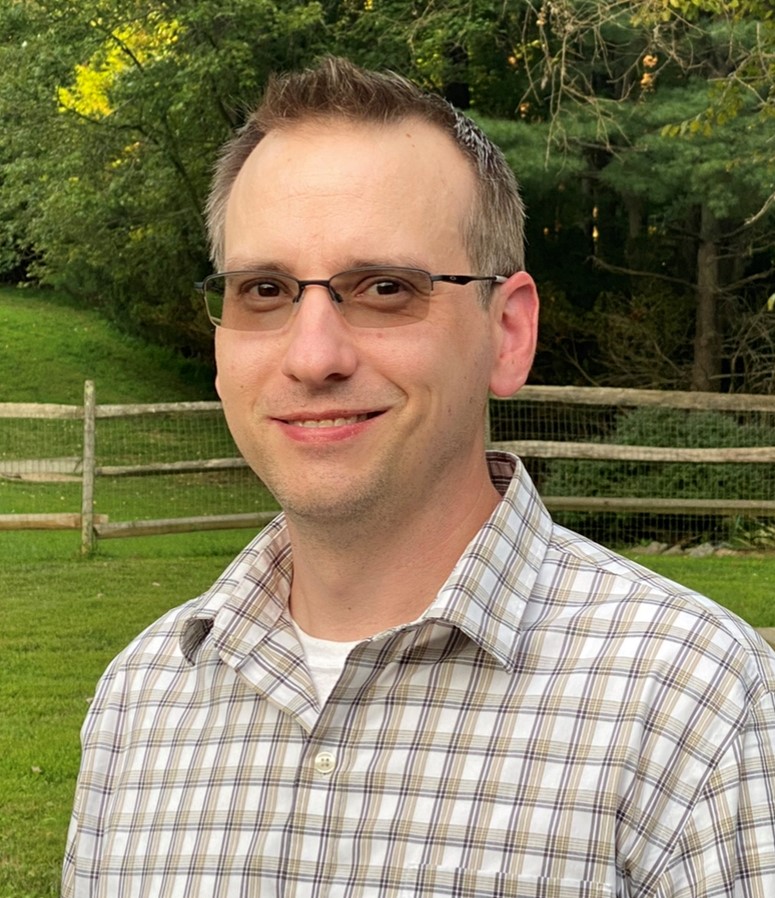 Paul E. Carlson, Ph.D.
Paul E. Carlson, Ph.D.
Principal Investigator, U.S. Food and Drug Administration
paul.carlson@fda.hhs.govPaul Carlson, Ph. D., is a principal investigator in the Laboratory of Mucosal Pathogens and Cellular Immunology, Division of Bacterial, Parasitic, and Allergenic Products, Office of Vaccines Research and Review, CBER, FDA. He received his Ph.D. from the University of Pittsburgh and performed postdoctoral research at the University of Michigan in the laboratory of Phil Hanna. Since starting his laboratory at FDA in 2015, Dr. Carlson’s research has focused on infections caused by the enteric pathogens Clostridium difficile and Vancomycin resistant Enterococcus species. The laboratory has projects researching mechanisms of C. difficile pathogenesis, development of genetic tools to study C. difficile, host response to C. difficile, the role of the host microbiota in C. difficile colonization resistance, the influence of the host immune system on the microbiome, and bacteriophage therapy against VRE. Dr. Carlson is a member and former co-chair of the FDA microbiome working group and the Joint Agency Microbiome (JAM) working group. His regulatory responsibilities include product (CMC) review for fecal microbiota transplantation (FMT), defined live biotherapeutic products (LBPs), and bacteriophage therapies.
-
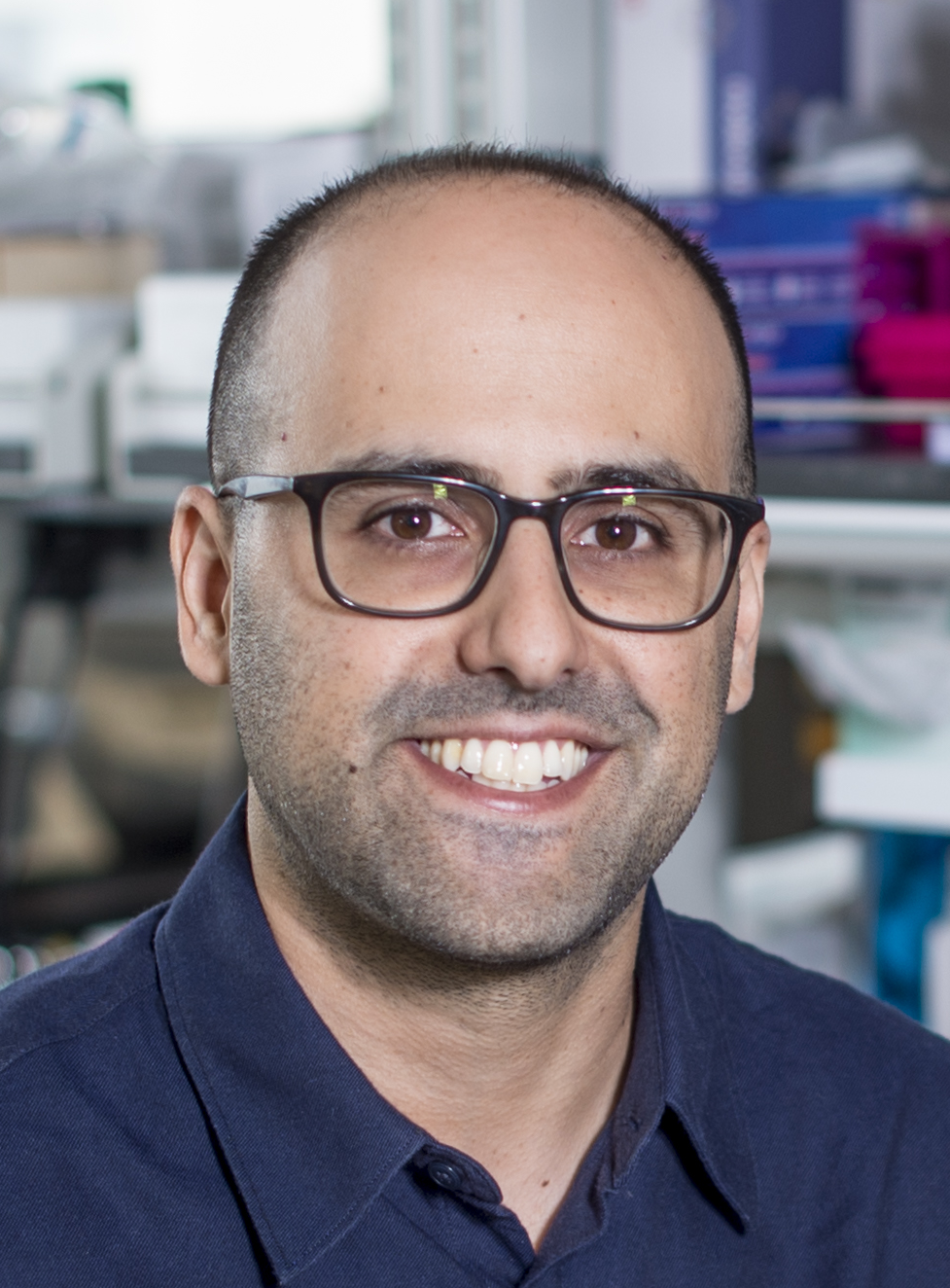 Tal Danino, Ph.D.
Tal Danino, Ph.D.
Associate Professor, Columbia UniversityTal Danino is a tenured Associate Professor in the Department of Biomedical Engineering at Columbia University. His lab focuses on engineering bacteria for biomedical applications, with a particular emphasis on developing bacteria as a cancer therapy. Tal received a Ph.D. in Bioengineering from UCSD, and was a postdoctoral fellow at the Koch Institute for Integrative Cancer Research. He is the recipient of awards including the NSF CAREER Award, Era of Hope Scholar Award, CRI Lloyd J Old STARS Award, Pershing Prize, and is a TED Fellow. He directs the Synthetic Biological Systems Laboratory and is a member of the Herbert Irving Comprehensive Cancer Center and Data Science Institute.
-
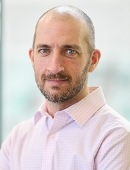 Jeremiah Faith, Ph.D.
Jeremiah Faith, Ph.D.
Associate Professor, Icahn School of Medicine at Mount Sinai
jeremiah.faith@mssm.edu
Jeremiah Faith is an Associate Professor in the Precision Immunology Institute and the Icahn Genomics Institute in the Icahn School of Medicine at Mount Sinai in New York. His research focuses on modeling the interactions between gut microbes and host physiology with an emphasis on Inflammatory Bowel Disease. Ongoing research in the lab includes: 1) understanding the influence of gut microbiota strain variation on human disease risk, 2) identifying microbial strains that modulate host phenotypic variation, 3) the stability of the human gut microbiota, and 4) microbiome-based therapeutics.
-
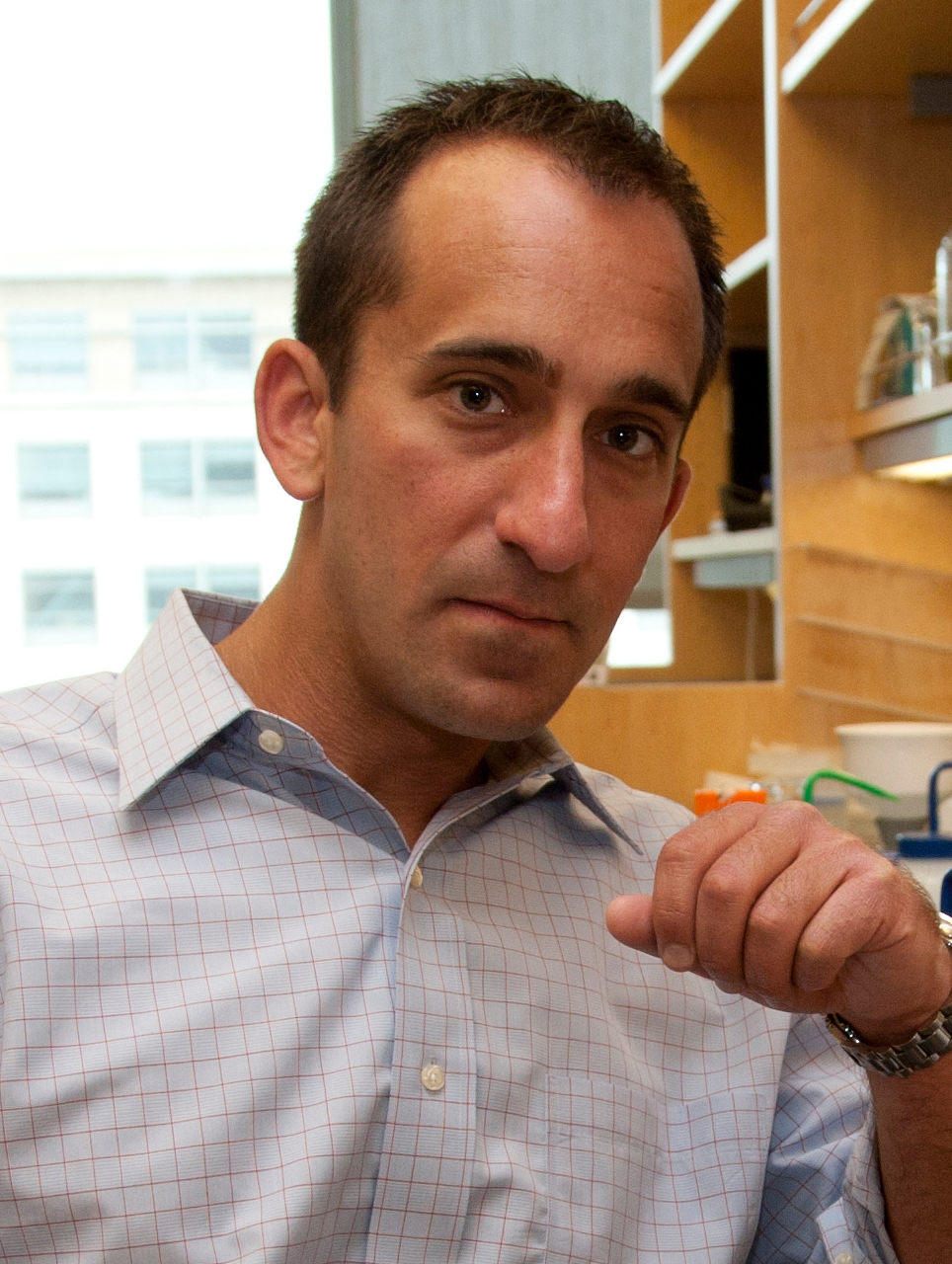 Michael Fischbach, Ph.D.
Michael Fischbach, Ph.D.
Liu (Liao) Family Professor of Bioengineering, Stanford UniversityMichael Fischbach is the Liu (Liao) Family Professor of Bioengineering at Stanford University, an Institute Scholar of Stanford ChEM-H, and the director of the Stanford Microbiome Therapies Initiative. Fischbach is a recipient of the NIH Director's Pioneer and New Innovator Awards, an HHMI-Simons Faculty Scholars Award, a Fellowship for Science and Engineering from the David and Lucille Packard Foundation, a Medical Research Award from the W.M. Keck Foundation, a Burroughs Wellcome Fund Investigators in the Pathogenesis of Infectious Disease award, and the Vannevar Bush Faculty Fellowship. His laboratory studies the mechanisms of microbiome-host interactions. Fischbach received his Ph.D. as a John and Fannie Hertz Foundation Fellow in chemistry from Harvard in 2007, where he studied the role of iron acquisition in bacterial pathogenesis and the biosynthesis of antibiotics. After two years as an independent fellow at Massachusetts General Hospital, Fischbach joined the faculty at UCSF, where he founded his lab before moving to Stanford in 2017. Fischbach is a co-founder of Kelonia and Revolution Medicines, a member of the scientific advisory boards of the Chan Zuckerberg Initiative, NGM Biopharmaceuticals, Stand Up to Cancer, and TCG Labs/Soleil Labs, and an innovation partner at The Column Group.
-
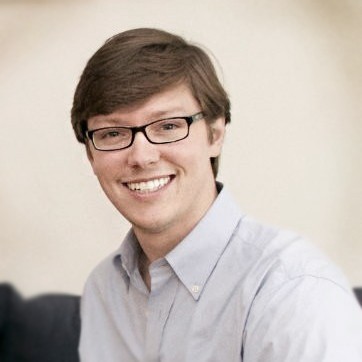
Specializes in the design and development of microbiome therapeutics for the treatment and prevention of infectious & inflammatory diseases. As head of Discovery and Translational Biology, works across preclinical and early stage clinical stage programs to drive therapeutic design and preclinical development through initial evaluation in patients. As program lead of SER-155, oversaw the application and award of a CARB-X contract for $8m to support the development of SER-155 to prevent antibiotic resistant infections. Led the clinical trial pharmacology (microbiome) analyses for SER-109, providing key insights to move SER-109 into phase 3 and onto BLA filing.
-
Ting Fu, Ph.D.
Microbiota-Modified Bile Acids in Cancer: The Dichotomous Roles of 7-oxo-Deoxycholic Acid and Iso-Deoxycholic Acid in Tumorigenesis, University of Wisconsin-MadisonDr. Fu is an Assistant Professor at the University of Wisconsin-Madison, US. She received her PhD in Molecular and Integrative Physiology (MIP) from the University of Illinois at Urbana-Champaign (UIUC), in the lab of Prof. Jongsook Kim Kemper where her work focused on metabolic regulation by nuclear receptor FXR and miR-34a in health and obesity. Ting received the outstanding Ph.D. Thesis Award and first-authored four papers in peer-reviewed journals such as Nature and PNAS. Then, Dr. Fu did her postdoctoral training with Prof. Ronald Evans at the Salk Institute, US, supported by Hewitt Postdoc Fellowship, Salk Alumni Fellowship, and Crohn's & Colitis Foundation IBD Visiting Scholar Fellowship. Dr. Fu embarked on research to explore new functions of the bile acids (BAs)-FXR axis within intestinal epithelial cells (IECs) and mucosal immunity, and to examine the effects of newly identified microbiome-derived BAs. Her substantial work led to contributions in six publications in esteemed journals, such as Cell, PNAS, Cell Reports, Nature, and Cell Metabolism, etc. In recent 3 years, Fu Lab has advanced pioneering research on the role of the BAs-FXR axis in influencing the host's epithelium and immune system, exploring novel BAs and identifying their associated gut microbes. Serving as a corresponding author, Dr. Fu has successfully published her research in Genes and Diseases, the Journal of Biological Chemistry, and the Journal of Clinical Investigator Insights (JCI Insights). Dr. Fu also received the Faculty Starter Grant Award from the PhRMA Foundation, the Early Stage Investigator Award from the Margaret Q. Landenberger Research Foundation, Research Scholar Grant from the American Cancer Society (ACS) – Coaches vs. Cancer – Bo Ryan-Jay Holliday Families Fund.
-
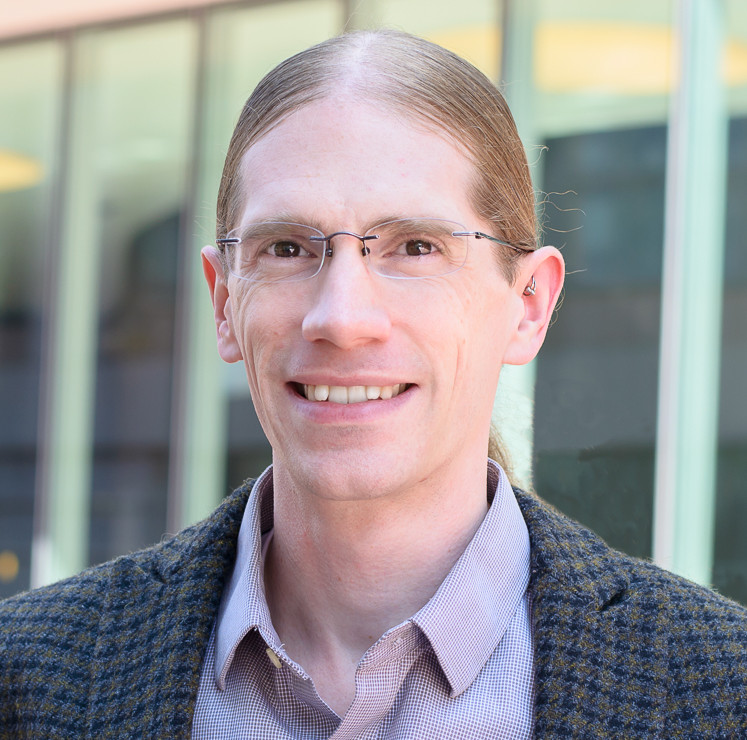 Curtis Huttenhower, Ph.D.
Curtis Huttenhower, Ph.D.
Professor, Harvard T.H. Chan School of Public Health
chuttenh@hsph.harvard.eduCurtis Huttenhower, PhD, is a Professor of Computational Biology and Bioinformatics in the Departments of Biostatistics and Immunology and Infectious Diseases at the Harvard T.H. Chan School of Public Health, where he co-directs the Harvard Chan Microbiome in Public Health Center. He is an Associate Member at the Broad Institute's Microbiome Program. His lab focuses on computational methods for functional analysis of microbial communities and molecular epidemiology of the human microbiome. This includes systems biology reconstructions integrating metagenomic, metatranscriptomic, and other microbial community 'omics, the microbiome in diseases such as IBD and colorectal cancer, and its potential as a diagnostic tool and route of therapeutic intervention.
-
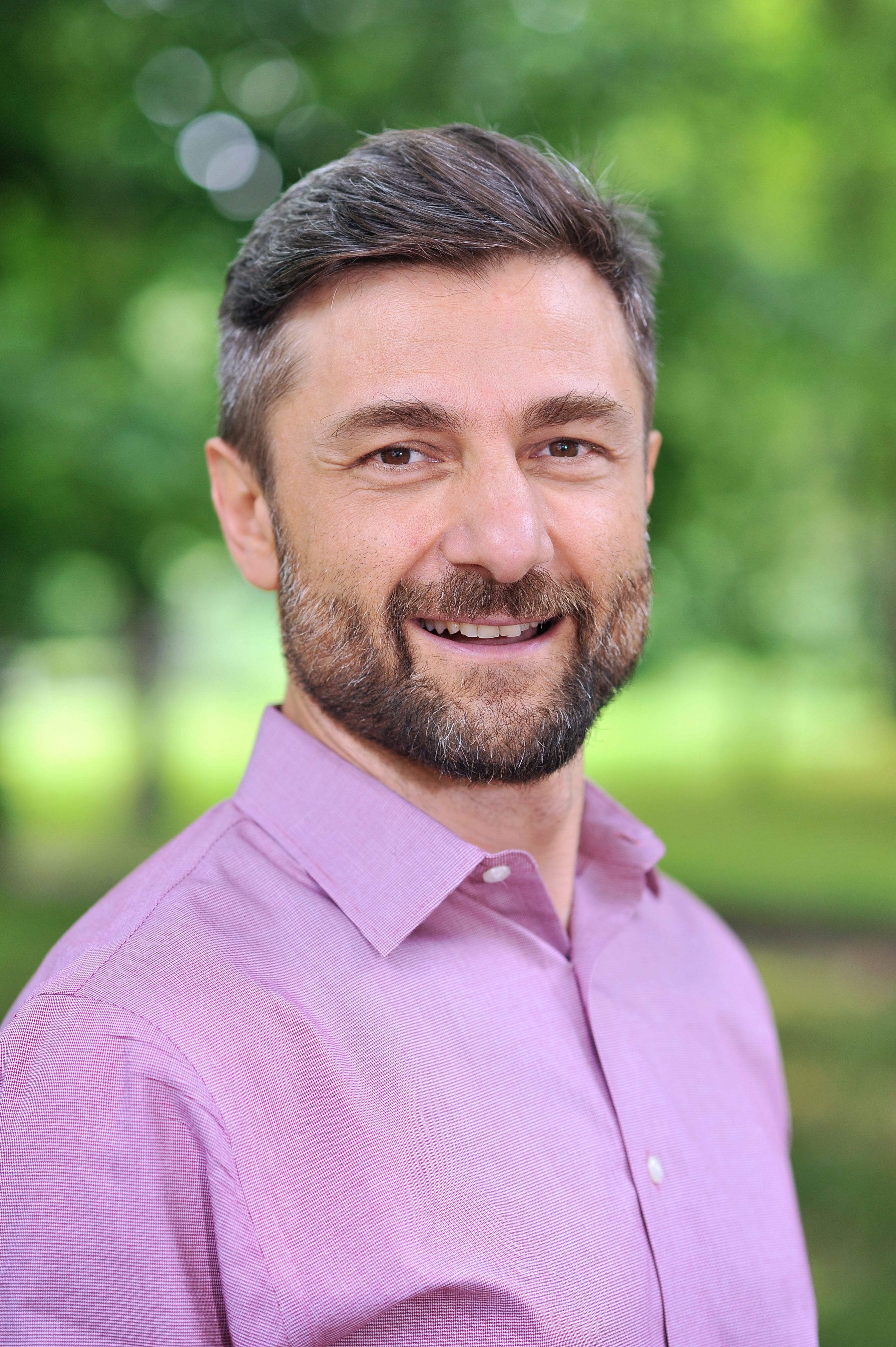
Iliyan Iliev is an Immunologist, Laboratory Director and an Associate Professor at Weill Cornell Medical College, Cornell University, New York.
His research on the gut mycobiota defined the role of commensal fungi in innate mucosal and protective humoral immunity and provided the first evidence for mycobiota involvement in the pathophysiology of Inflammatory Bowel Disease (IBD). The laboratory develops and applies translational, experimental and computational approaches to study the role of immunity and mycobiota early and later in life, upon therapeutic interventions and during conditions, such as inflammatory bowel disease, allergy, immunodeficiencies and gastrointestinal cancers, where fungi contribute to pathologies. Current effort in the laboratory, focused on the gut-bran axis and cancer, explores the unique neuro-modulatory and cancer-immunity modulating properties of fungi.
-
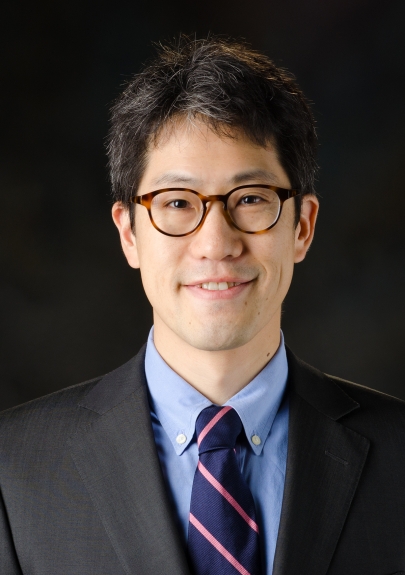 Robert R. Jenq, M.D.
Robert R. Jenq, M.D.
Associate Professor, The University of Texas MD Anderson Cancer CenterI am a medical oncologist who also leads a wet-lab and the Microbiome Core Facility at MD Anderson. We have been investigating the impact of intestinal commensal bacteria on graft-versus-host disease, neutropenic fever, immune checkpoint inhibitor responses and colitis and CAR-T cell outcomes.
-
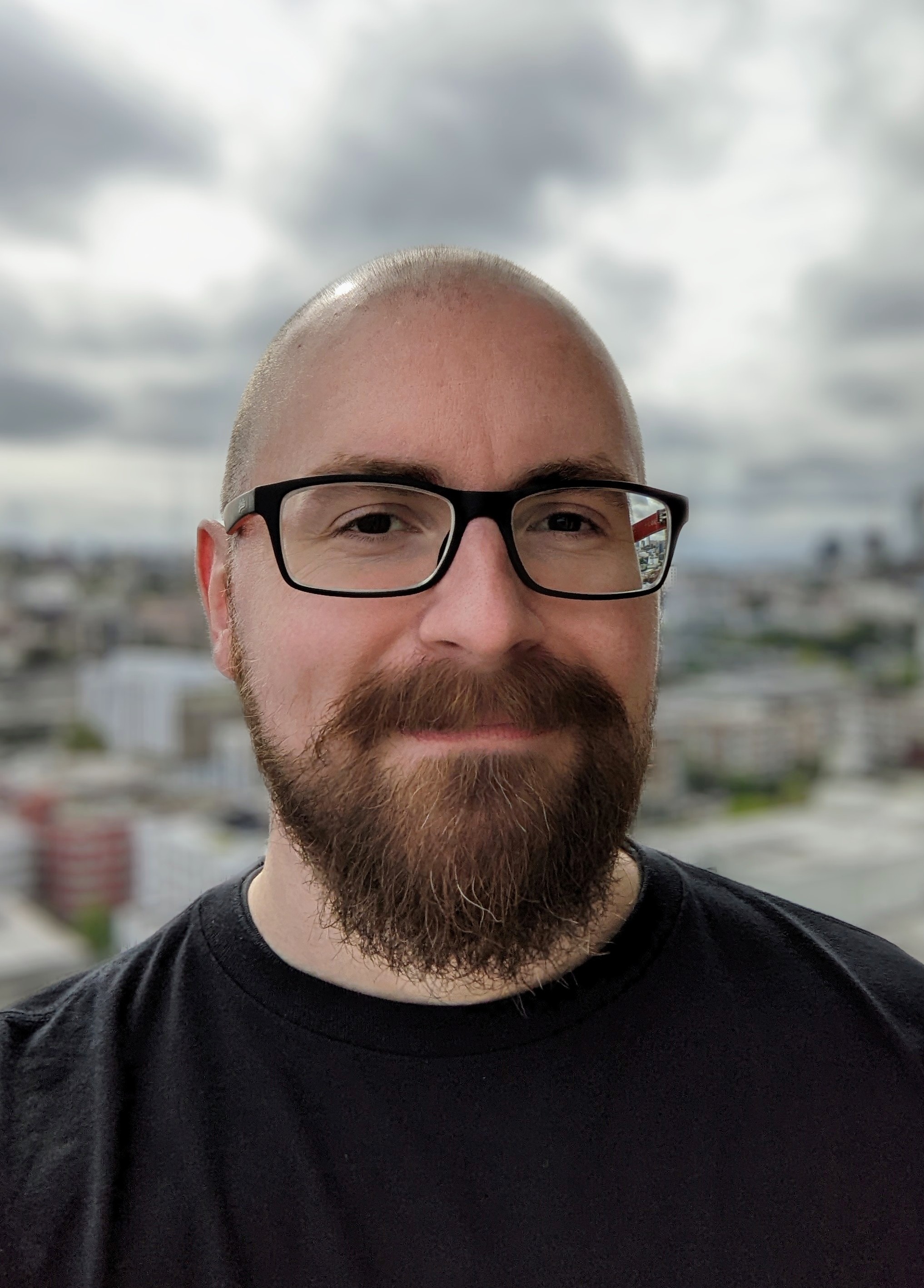
Christopher D. Johnston is an Assistant Professor in the Vaccine and Infectious Disease Division at the Fred Hutch Cancer Center (FHCC), and an affiliate at the Department of Global Health, University of Washington. He completed his primary degree in Applied Biosciences and his Ph.D in Molecular Microbiology at Cork Institute of Technology, Ireland. His postdoctoral education was performed at Forsyth Institute, Department of Immunology and Infectious Disease, Cambridge, MA, where he also established his independent laboratory prior to moving to FHCC. Johnston is a recipient of the NIH Directors Transformative Research Award and a Medical Research Award from the W.M. Keck Foundation. His research centers on tumor infiltrating microbiota, focusing on the genetics and epigenetics of bacteria that are found to invade and colonize human tumors. The long-term goal of this research is to gain a comprehensive understanding of the capabilities of bacteria within tumors, elucidate the underlying mechanisms driving their behavior, and utilize this knowledge to engineer innovative therapeutics and advanced microbe-based technologies for cancer prevention and treatment.
-
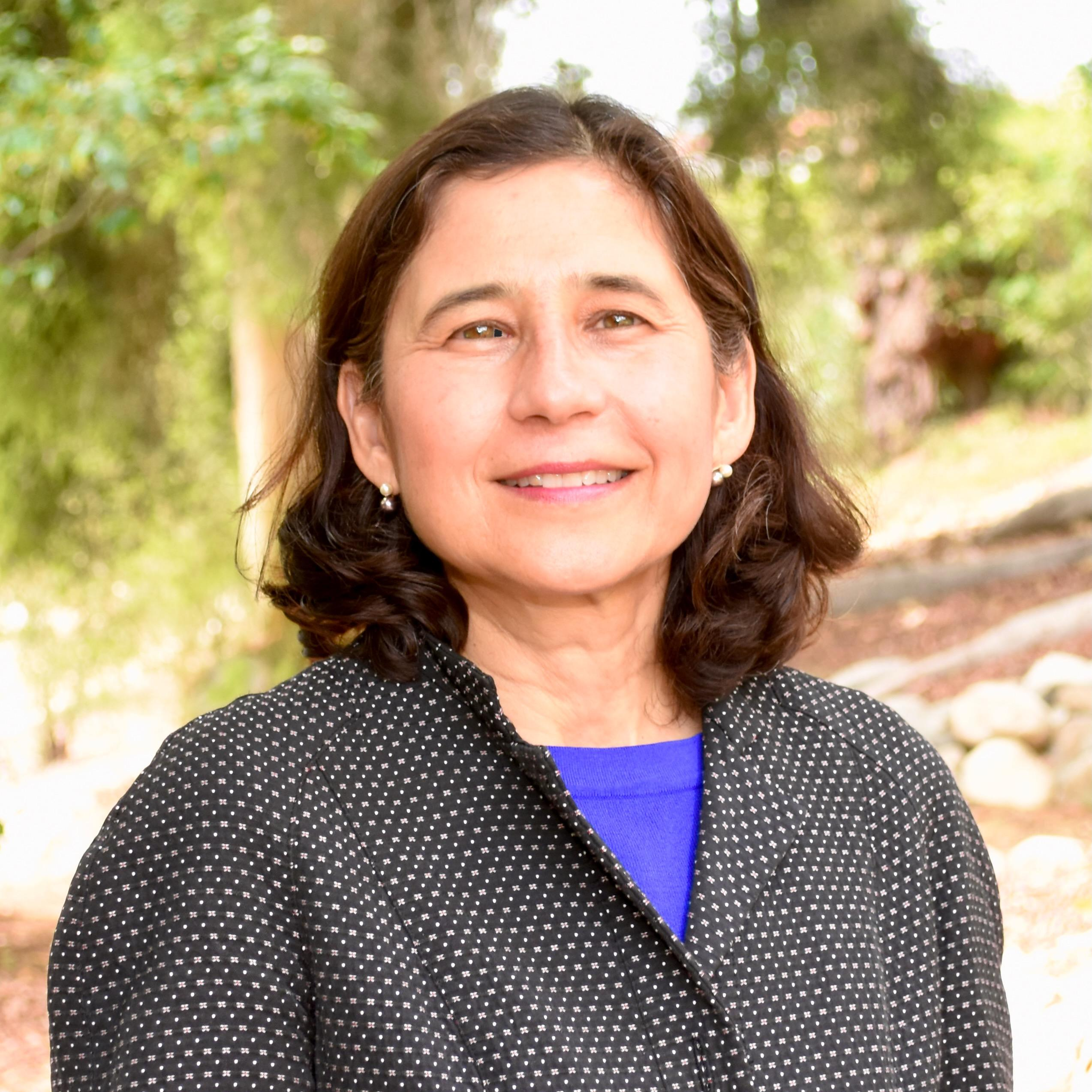 Yvonne L Kapila, D.D.S., Ph.D.
Yvonne L Kapila, D.D.S., Ph.D.
Professor and Associate Dean for Research, UCLA
ykapila@dentistry.ucal.eduDr. Yvonne Hernandez-Kapila is the Felix and Mildred Yip Endowed Chair in Dentistry, and Professor and Associate Dean for Research at UCLA School of Dentistry. She also served as the Founding Director of Global Initiatives at the University of Michigan (UM) School of Dentistry, then as Chair of Periodontology and the Earl Robinson Endowed Distinguished Professor at the University of California, San Francisco (UCSF) School of Dentistry. Dr. Hernandez-Kapila is a clinician-scientist with over 30 years of clinical, research, teaching/mentoring, and administrative experience.
Dr. Hernandez-Kapila has made important discoveries regarding the cellular and molecular mechanisms that govern oral cancer carcinogenesis and periodontal disease pathogenesis. Her current research interests are on the oral microbiome/virome of the oral-gut-brain axis. Dr. Hernandez-Kapila is a highly experienced clinician scientist and investigator with administrative experience that has been continuously funded by NIH for >30 years, with >150 peer-reviewed publications in high impact journals, with long-term service as an NIH/NIDCR council member and grant reviewer for the NIH/NCI/NIDCR, with editorial board member service for several journals/textbooks, and national mentoring awards.
In recognition of her seminal contributions to science and mentoring, Dr. Hernandez-Kapila received the American Academy of Periodontology (AAP) Distinguished Scientist Award in 2019, the UCSF Alumni Discovery Award in 2021, the Annual Research Lecture for the UCSF School of Dentistry Research and Clinical Excellence Day in 2019, and the American Association for Dental Research (AADR) Irwin D. Mandel Distinguished Mentoring Award in 2019.
-
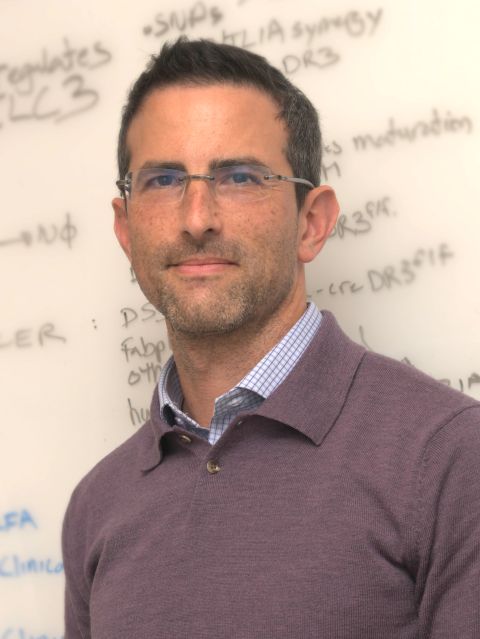 Randy Longman, MD/PhD
Randy Longman, MD/PhD
Director, Jill Roberts Center for IBD, Weill Cornell MedicineRandy Longman is the Director of the Jill Roberts Center for IBD and an Associate Professor of Medicine in the Jill Roberts Institute for Research in IBD at Weill Cornell Medicine. His research focuses on defining the cellular and molecular mechanisms underlying host-microbiota interactions that drive the pathogenesis of mucosal and systemic inflammation in IBD. He has received research funding from many foundations including the NIH and the Crohn’s and Colitis Foundation and is a member of the American Society for Clinical Investigation.
-
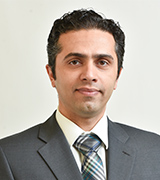 Saman Maleki, Ph.D.
Saman Maleki, Ph.D.
Assistant Professor, Western UniversityDr. Maleki is an Assistant Professor in the Departments of Oncology, Pathology and Laboratory Medicine, and Medical Biophysics at Western University. He is also a Translational Immuno-Oncology Scientist at Lawson Health Research Institute. Dr. Maleki has pioneered several phase I clinical trials in Canada that combine fecal microbiota transplantation (FMT) plus immunotherapy in melanoma, renal cell carcinoma, non-small cell lung cancer, and pancreatic cancer patients. In these trials, over 70 cancer patients have received microbiome-based therapy.
Dr. Maleki has also established the first stool biobank in South Western Ontario, collecting stool samples along with blood and clinical data from 1000 cancer patients.
-
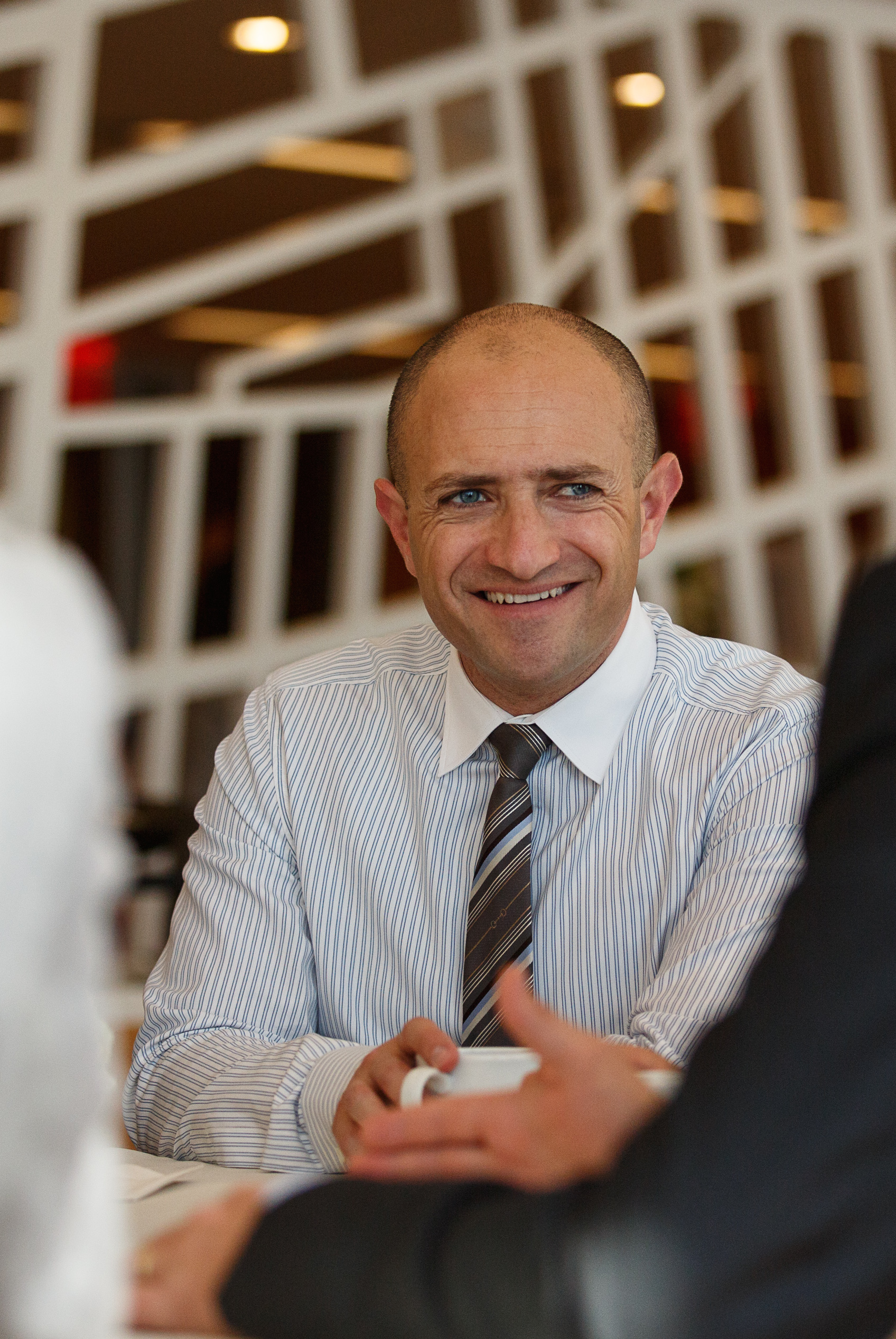 Sarkis K. Mazmanian, Ph.D.
Sarkis K. Mazmanian, Ph.D.
Luis & Nelly Soux Professor of Microbiology, California Institute of TachnologySarkis K. Mazmanian, Ph.D., is the Luis & Nelly Soux Professor of Microbiology in the Division of Biology & Biological Engineering at the California Institute of Technology (Caltech). He is a Phi Beta Kappa graduate from the University of California, Los Angeles, where Dr. Mazmanian also received his doctoral training in microbiology and immunology. Dr. Mazmanian was a Helen Hay Whitney Postdoctoral Fellow at Harvard Medical School. His laboratory at Caltech studies the human gut microbiome with a focus on developing novel therapies for immunologic and neurologic disorders, including Inflammatory Bowel Disease, Autism Spectrum Disorder, and Parkinson’s disease. Dr. Mazmanian has been a principal investigator on 13 NIH grants, and numerous foundation and industry-sponsored projects. His research accomplishments have been recognized through many awards, including a Searle Scholarship, Damon Runyon Innovation Award, Catalyst Award (UCLA), Discover Magazine’s “Best Brains in Science under 40”, a MacArthur Foundation “Genius” Award, and the DuPont-Danisco Microbiome Science Award. He is a founder of 3 biotech companies and serves on the Scientific Advisory Board of over a dozen companies, academic centers, and not-for-profit foundations. Most importantly, Dr. Mazmanian has trained numerous students and fellows who have gone on to successful independent careers in academia, industry, and medicine.
-
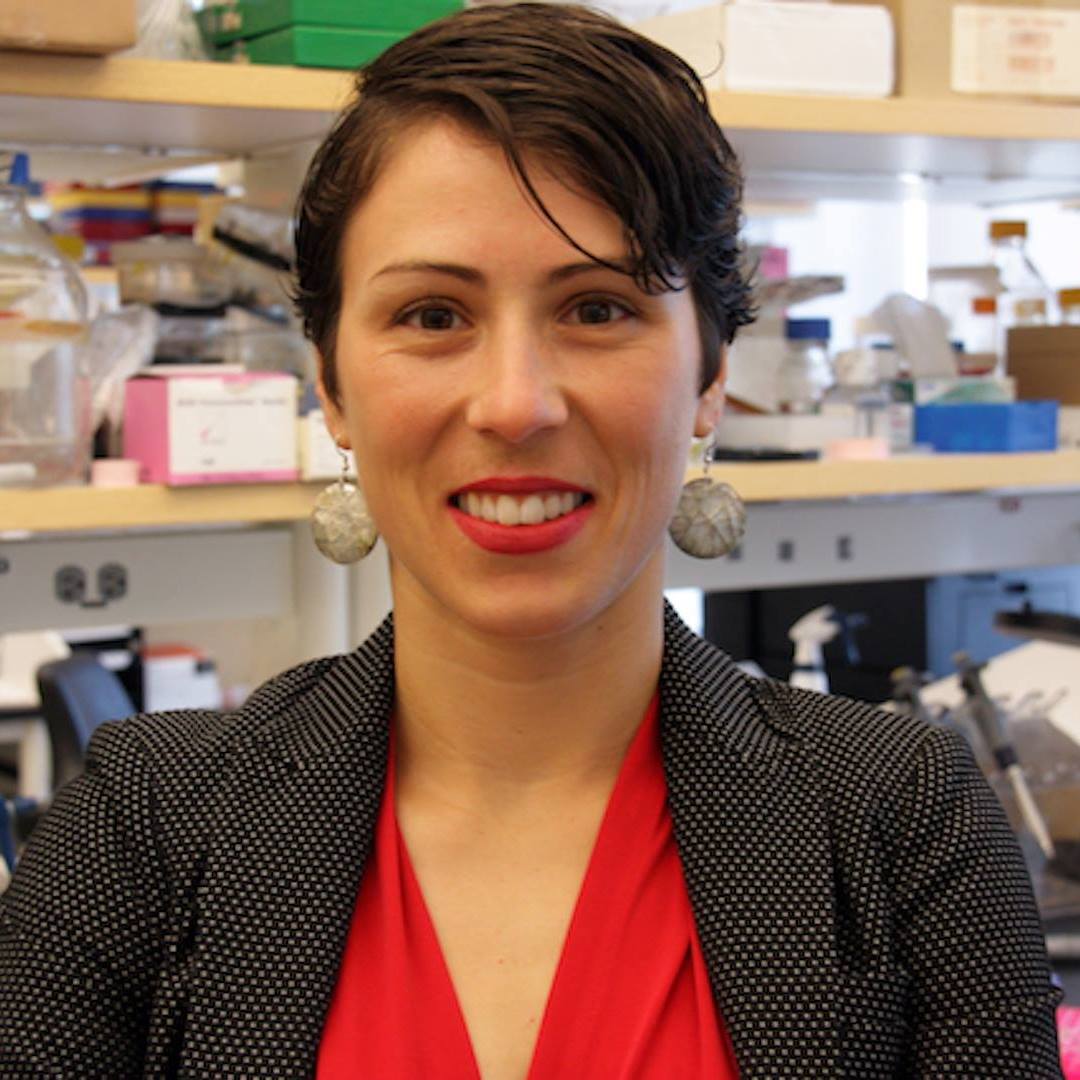
Marlies is an Assistant Professor at the University of Pittsburgh, US. She received her PhD in the Molecular Cell Biology and Oncology (MCBO) graduate program from the Medical University of Innsbruck, Austria in the lab of Prof. Gottfried Baier where her work focused on mechanisms of how Th17 cells mediate autoimmunity. Dr. Meisel did her postdoctoral training with Prof. Bana Jabri at the University of Chicago, US. Supported by the FWF Erwin Schrödinger Postdoctoral Fellowship and the CCFA Chron’s and Colitis Research Fellowship Award Dr. Meisel set out to better understand the complex interplay between commensal microbes with the mucosal and systemic immune system in intestinal inflammatory disorders and cancer. She deciphered that a pro-inflammatory cytokine, relevant in inflammatory bowel disease, changes the microbial metabolic profile and thus renders the host more susceptible to colitis. Importantly, she uncovered that microbial-induced IL-6 drive pre-leukemic myeloid cell proliferation in a mouse model of myeloid cancer. In her own laboratory, Dr. Meisel explores mechanisms of how the microbiota modulates systemic immunity during autoimmunity and cancer. Highlighting the dichotomy and contextuality of the microbiome her laboratory identified that translocated commensal bacteria aggravate autoimmunity and enhance immune checkpoint efficacy by promoting CD8 T cell effector functions. In ongoing studies Dr. Meisel continues to apply precision dietary and microbiota approaches to better understand how we can in a targeted manner dictate the metabolic output of the microbiota to tune systemic immunity in the context of autoimmunity and cancer.
-
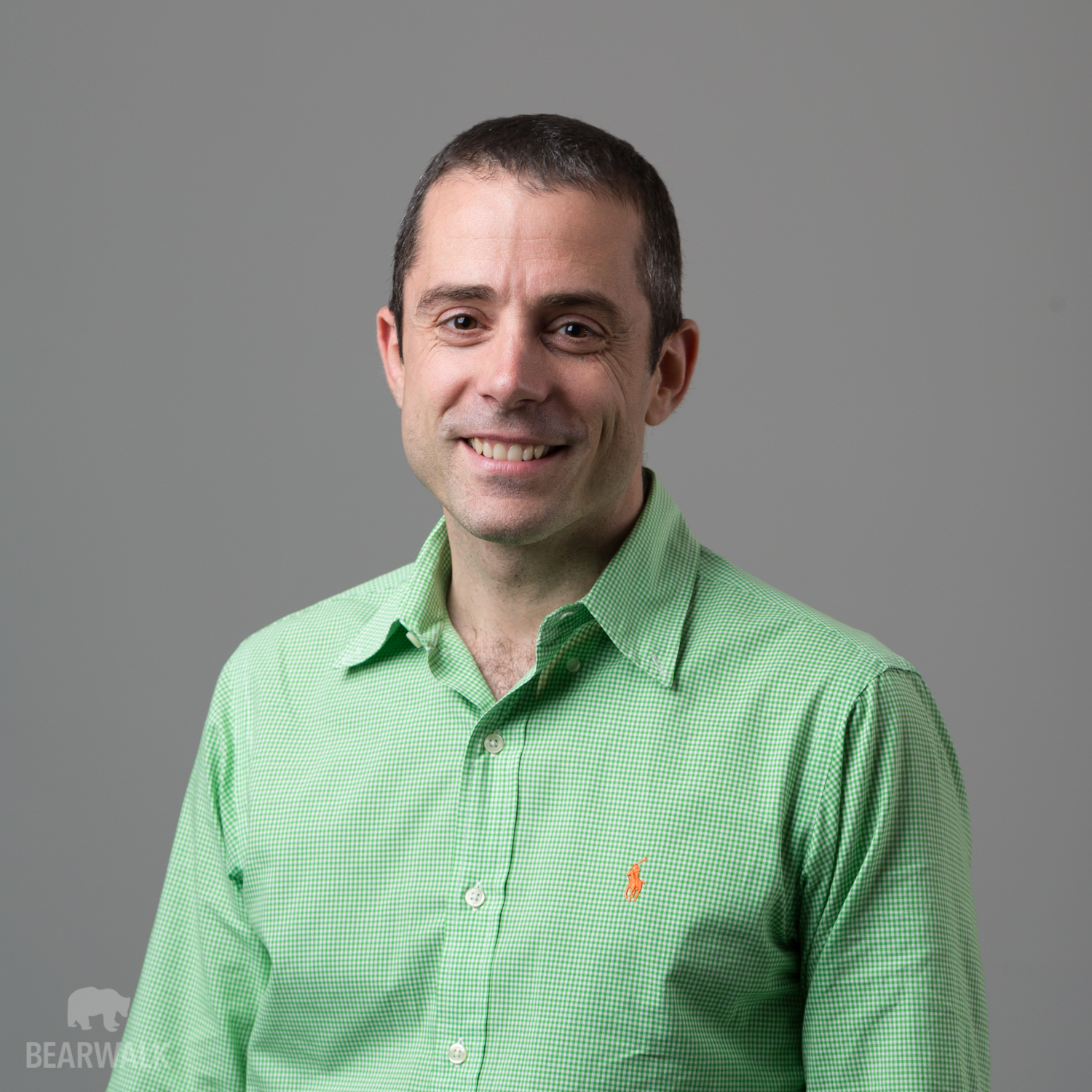
Dr. Olle is a co-founder and Chief Executive Officer of Vedanta Biosciences, a privately held company developing drugs based on defined bacterial consortia for gastrointestinal diseases. Previously, he was a venture partner of biotech venture creation firm PureTech Health (NASDAQ: PRTC), focusing on launching and investing in biotech companies. He has been a member of the founding teams of several biotech companies and served as a member of the Board of Directors of Vedanta Biosciences and Follica Biosciences. In 2013 Dr. Olle was named "Innovator of the Year" in MIT Technology Review Spain's "Innovators under 35" awards. He also received the 2019 Barry M. Portnoy Immigrant Entrepreneur Award from The Immigrant Learning Center. He completed his doctoral work at the Chemical Engineering Department at MIT, where he developed a novel method for large-scale bacterial culture. During his graduate work, Dr. Olle was awarded the "la Caixa" fellowship. Dr. Olle received his B.S. in Chemical Engineering from Universitat Rovira i Virgili, in Catalonia, his M.S. and PhD. in Chemical Engineering Practice from MIT, and his M.B.A. from the MIT Sloan School of Management. He has published his work in the microbiome field in journals including Nature, Nature Biotechnology, and JAMA
-
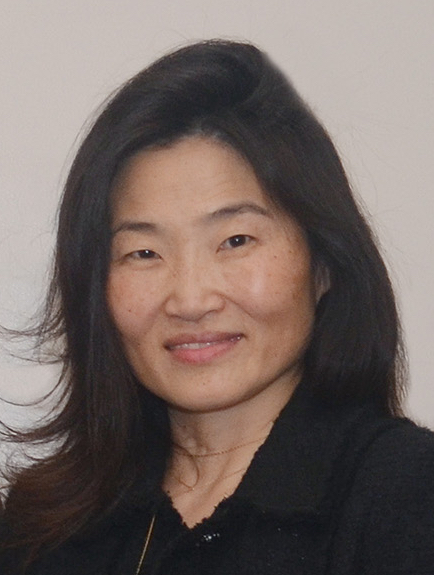 Sara I. Pai, M.D., Ph.D.
Sara I. Pai, M.D., Ph.D.
Department of Surgery/Division of Otolaryngology-Head and Neck Surgery, Yale University School of Medicine/Yale University
sara.pai@yale.eduSara Isabel Pai, MD, PhD, FACS: Dr. Pai is Professor of Surgery at Yale University School of Medicine. She graduated Summa Cum Laude from Dartmouth College with a major in Biochemistry and Molecular Biology. After graduating Dartmouth, she completed the MD/PhD program at Johns Hopkins University School of Medicine in which she obtained her PhD training in cancer immunology and vaccines. After medical school, she completed her otolaryngology-head and neck surgery residency at Johns Hopkins Hospital. She has sought an academic career that merges her immunology and clinical trials background with head and neck surgical oncology interests. Her research interests focus on better understanding how head and neck cancers evade the immune system and strategies that can be applied to reactivate the host immune response against the cancers through vaccines and immune modulatory drugs. She leads several investigator-initiated immunotherapy clinical trials and has a research laboratory that has been continuously funded by the National Institutes of Health (NIH) since 2007. She serves as Director of an NCI-funded Program Project (P01) Grant focused on developing novel strategies to overcome immune resistance in head and neck cancers. She serves as co-Chair of the AHEAD program within the NCI Early Cancer Detection Network (EDRN). She is also the Leader of the Head and Neck Disease Team within the Cancer Program Commission on Cancer. She serves on national and international grant and strategic review panels as well as serves on the advisory boards for several pharmaceutical companies.
-
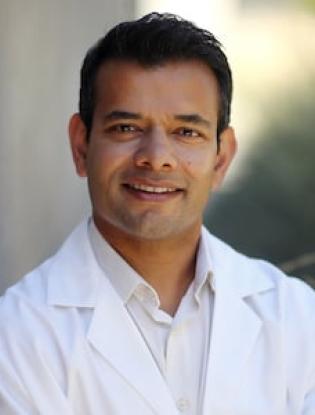 Sumanta K Pal, MD, FASCO
Sumanta K Pal, MD, FASCO
Professor, City of Hope Comprehensive Cancer CenterSumanta (Monty) Kumar Pal, M.D., FASCO, is an internationally recognized leader in the area of genitourinary cancers, including kidney, bladder, and prostate cancer. He is co-director of City of Hope's Kidney Cancer Program and is the head of the kidney and bladder cancer disease team at the institution.
Dr. Pal entered college at the age of 13 and began medical school at University of California Los Angeles at the age of 17. After completing his residency training at UCLA, Dr. Pal completed a fellowship program in medical oncology at City of Hope's comprehensive cancer center where he has remained on faculty since 2009. Over that span of time, he has published more than 500 PubMed cited articles that have been featured in prominent journals including Cancer Discovery, The Journal of Clinical Oncology, The Lancet, Cancer Cell and Nature Medicine.
Dr. Pal holds patents for new drugs currently under development in prostate cancer and also maintains one of the largest portfolios of clinical trials for kidney and bladder cancer research on the West Coast. He developed an integrated program that focuses heavily on collaborations with basic science researchers at the Beckman Research Institute of City of Hope and urologists in the Department of Surgery. Ultimately, Dr. Pal’s goal is to stimulate collaborative research across multiple departments in order to discover novel therapeutic approaches for currently incurable diseases. He has also worked to push the boundaries of personalized medicine in genitourinary cancers with several seminal publications in rare genitourinary cancers that describe unique therapeutic targets. He is the lead investigator on multiple trials, ranging from early phase 1 experiences to late stage phase 3 studies. -
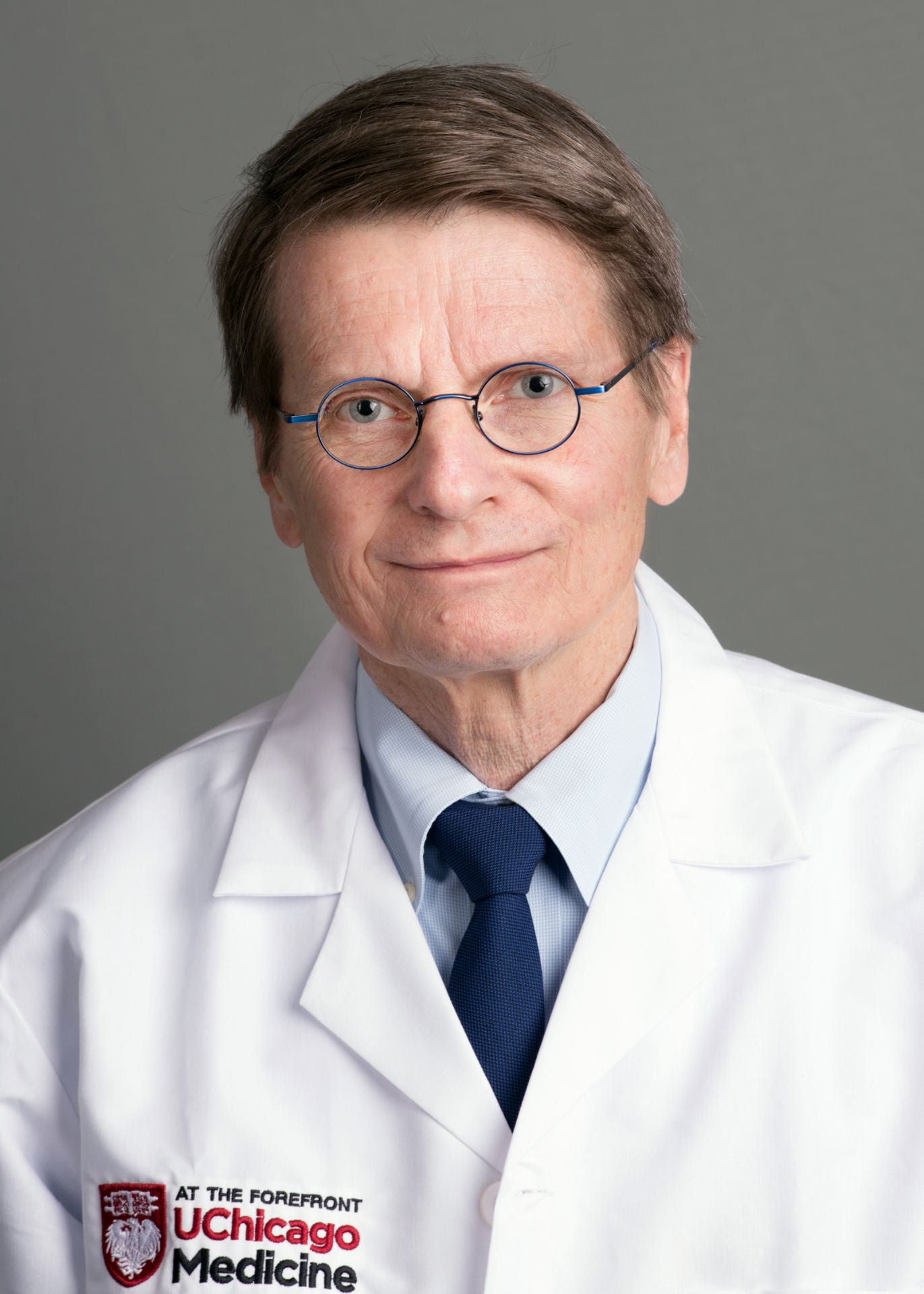 Eric G. Pamer, M.D.
Eric G. Pamer, M.D.
Professor, University of ChicagoDr. Pamer received his MD degree from Case Western Reserve University Medical School and completed clinical training in Internal Medicine and Infectious Diseases at UCSD Medical Center. He was a postdoctoral fellow with Charles E. Davis at UCSD, Maggie So at Scripps Research Institute and Michael Bevan at the University of Washington and then moved to Yale University and established a laboratory focusing on immune responses to microbial infection. In 2000 he moved his laboratory to Memorial Sloan-Kettering Cancer Center in New York where he was the Chief of Infectious Diseases, Head of the Division of Subspecialty Medicine and Director of the Center for Microbes, Inflammation and Cancer, which focused on the role of the microbiome in the treatment of cancer. In 2019 Dr. Pamer moved to the University of Chicago to become the Director of the Duchossois Family Institute.
-
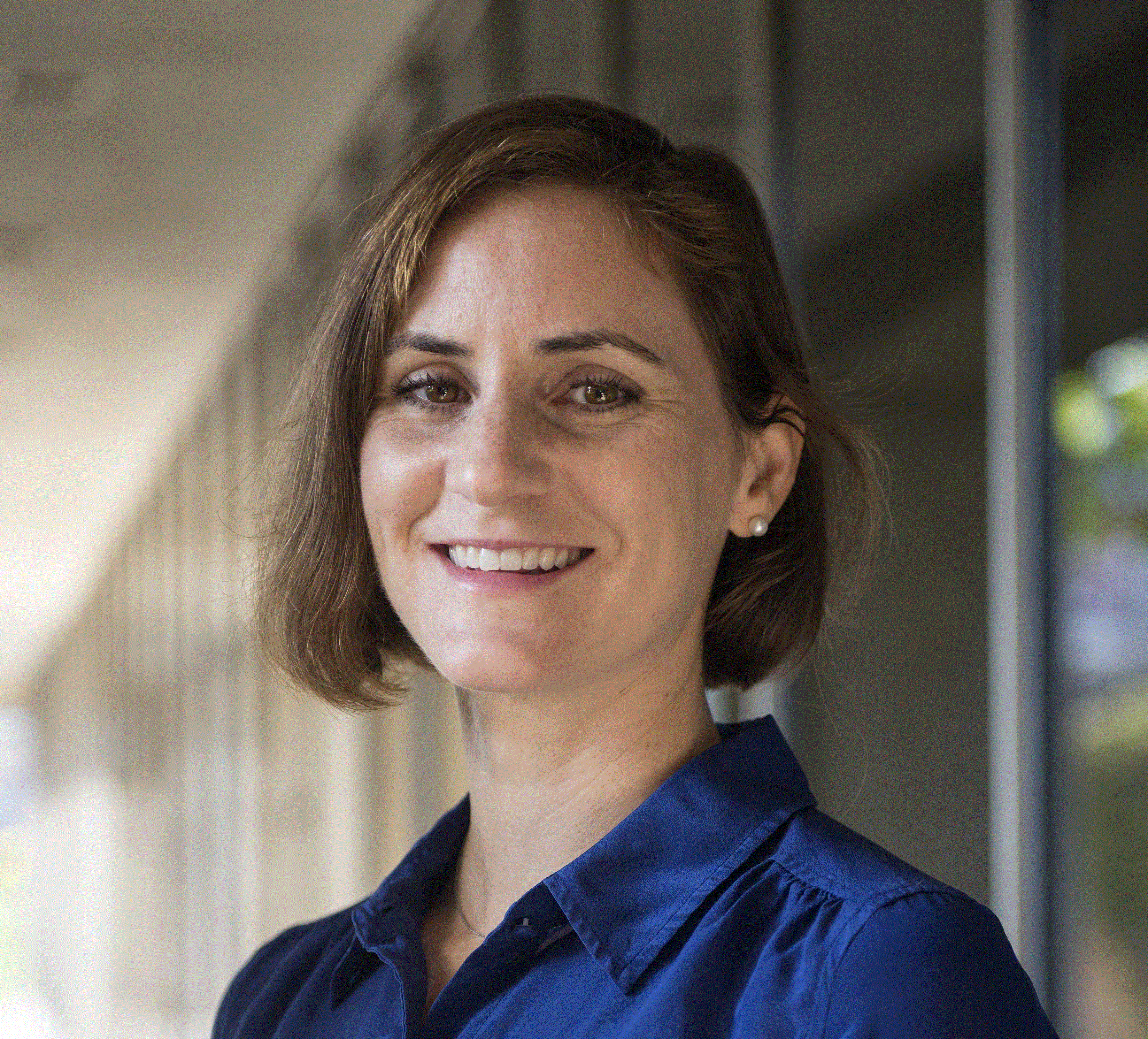
Dr. Leah Pyter is an Associate Professor in the Institute for Behavioral Medicine Research and Department of Psychiatry at the Ohio State University Wexner Medical Center. She an integrative biologist with a PhD in behavioral neuroscience and an MS in reproductive endocrinology. The last 15+ years of her research career have focused on how neuro-immune communication contributes to behavioral side effects of chemotherapy with the overall mission of improving the quality of life and health of cancer patients and survivors. Although trained as a basic scientist, she has recently completed a longitudinal clinical study with 77 breast cancer patients. Her research has been continuously supported by the NIH and the American Cancer Society. She also co-directs the OSU-wide Neuroscience Graduate Program and serves on the Board of Directors of the Psychoneuroimmunology Research Society, various NIH and international study sections, the Editorial Board of multiple journals, and is a national Scialog Fellow for the Research Corporation for Science Advancement.
-
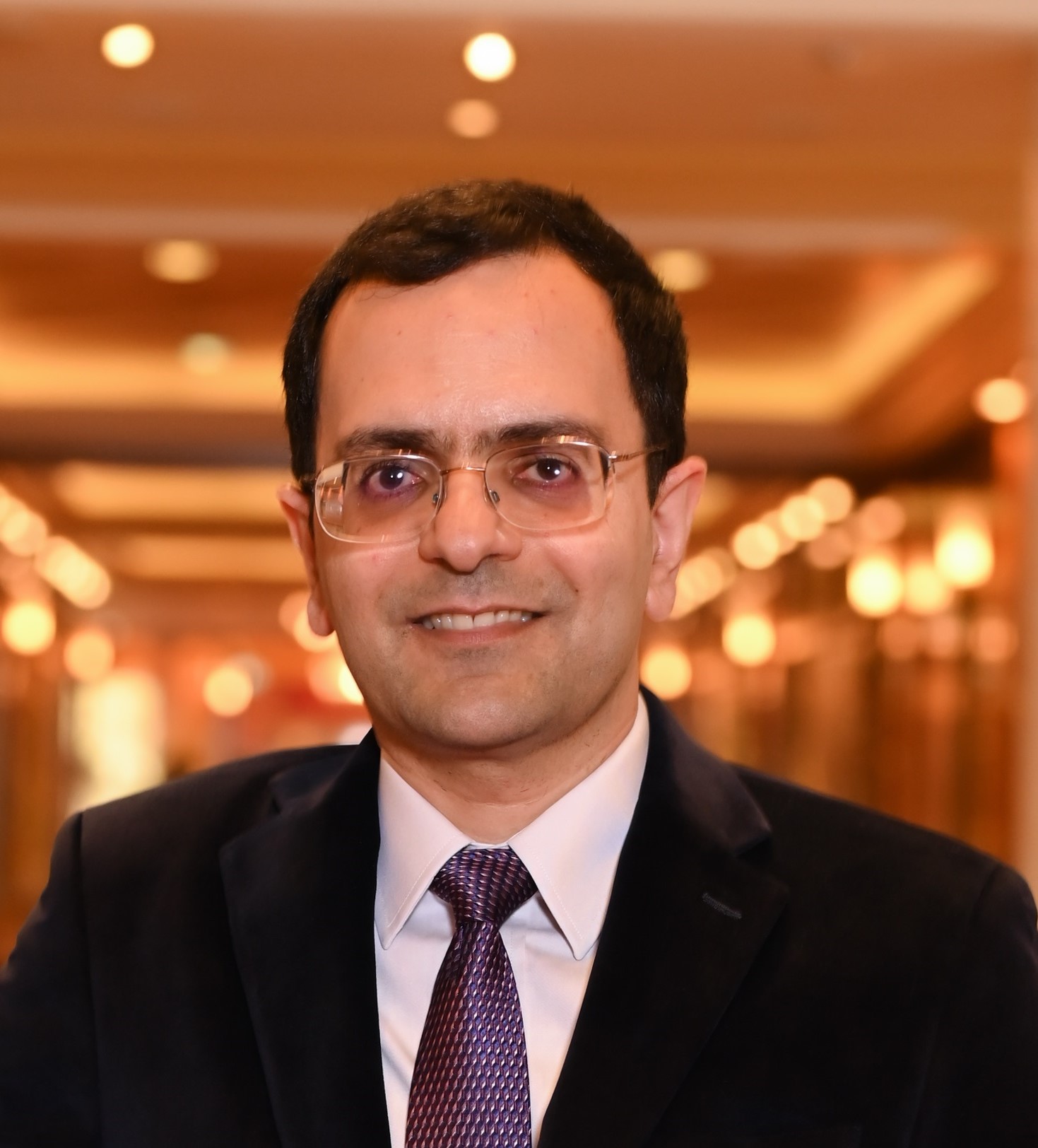 Armin Rashidi, M.D., Ph.D.
Armin Rashidi, M.D., Ph.D.
Associate Professor, Fred Hutchinson Cancer Center, Seattle, WA
arashidi@fredhutch.orgArmin Rashidi, MD, PhD is an Associate Professor at Fred Hutchinson Cancer Center and University of Washington in Seattle, WA. His clinical expertise is in hematopoietic cell transplantation (HCT) and hematologic malignancies. In his research, Armin focuses on how the microbiota and its disruptions are related to, and may modulate, the outcomes of curative-intent treatment for patients with cancer. A specific focus of this work is on treatment complications such as infections and graft-versus-host disease. A major concept here is the identification of mechanistic links between the microbiota and clinical phenotypes. By collecting longitudinal biospecimens from patients and profiling their microbiome, Armin tries to characterize microbiota-host relationships and discover causation from association in complex clinical settings with a low signal to noise ratio. In parallel, and using the knowledge from discovery-phase studies, Armin conducts interventional clinical trials targeting the microbiota (e.g. fecal microbiota transplantation), with the goal of preventing dysbiosis-associated clinical outcomes.
-
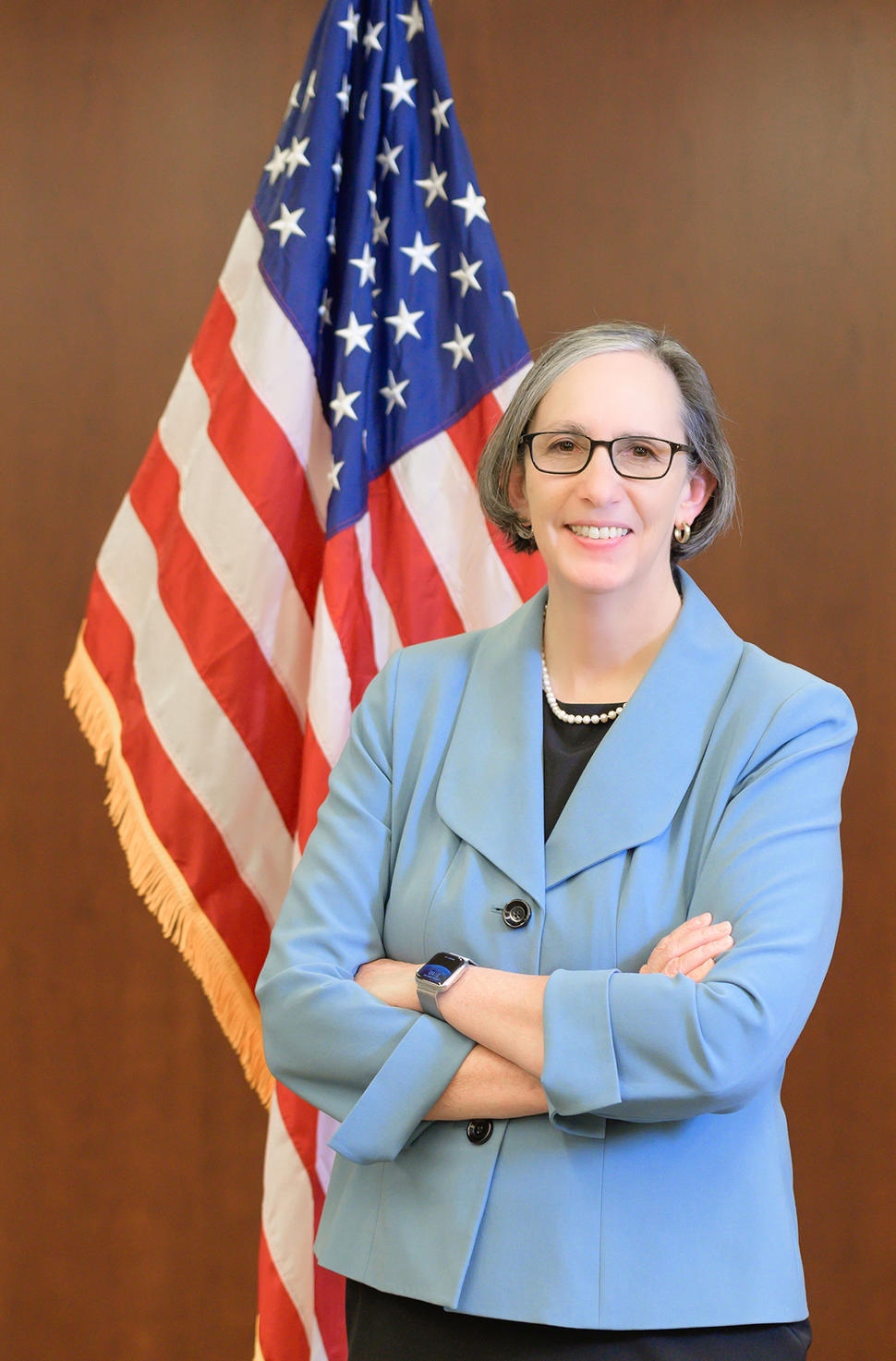 Kimryn Rathmell, M.D., Ph.D.
Kimryn Rathmell, M.D., Ph.D.
Director, National Cancer Institute, NIHDr. Kimryn Rathmell is the 17th NCI director on December 18, 2023. She was the physician-in-chief and chair of the Department of Medicine at Vanderbilt University Medical Center.
She is a recipient of the 2019 Louisa Nelson Award for Women of Achievement, Vision, and Inspiration, the 2019 Eugene P. Schonfeld Award from the Kidney Cancer Association, and the Paragon Award for Research Excellence from the Doris Duke Foundation. She was a leader of TCGA's kidney cancer projects and served as a TCGA analysis working group member across the spectrum of cancers, winning the 2020 American Association for Cancer Research Team Science Award.
She has served on the NCI Board of Scientific Advisors, and the Forbeck Foundation Scientific Advisory Board. She has held leadership positions with the American Society of Clinical Oncology and the American Society for Clinical Investigation, serving as secretary–treasurer and president. She has been elected to the Association of American Physicians, the American Academy of Arts and Sciences, and the National Academy of Medicine.
Her specialty is the research and treatment of kidney cancers. She also focuses on underlying drivers of kidney cancers using genetic, molecular, and cell biology to develop interventions to improve patients’ lives. She has over 250 articles in leading peer-reviewed journals, including The New England Journal of Medicine, Nature, Proceedings of the National Academy of Sciences, and the Journal of Clinical Investigation.
Dr. Rathmell earned undergraduate degrees in biology and chemistry from the University of Northern Iowa and her Ph.D. in biophysics and M.D. from Stanford University. She completed an internal medicine internship at the University of Chicago and an internal medicine residency, medical oncology fellowship, and postdoctoral studies at the University of Pennsylvania. In 2022, she completed her Master of Management in Health Care from the Vanderbilt University Owen Graduate School of Management. -
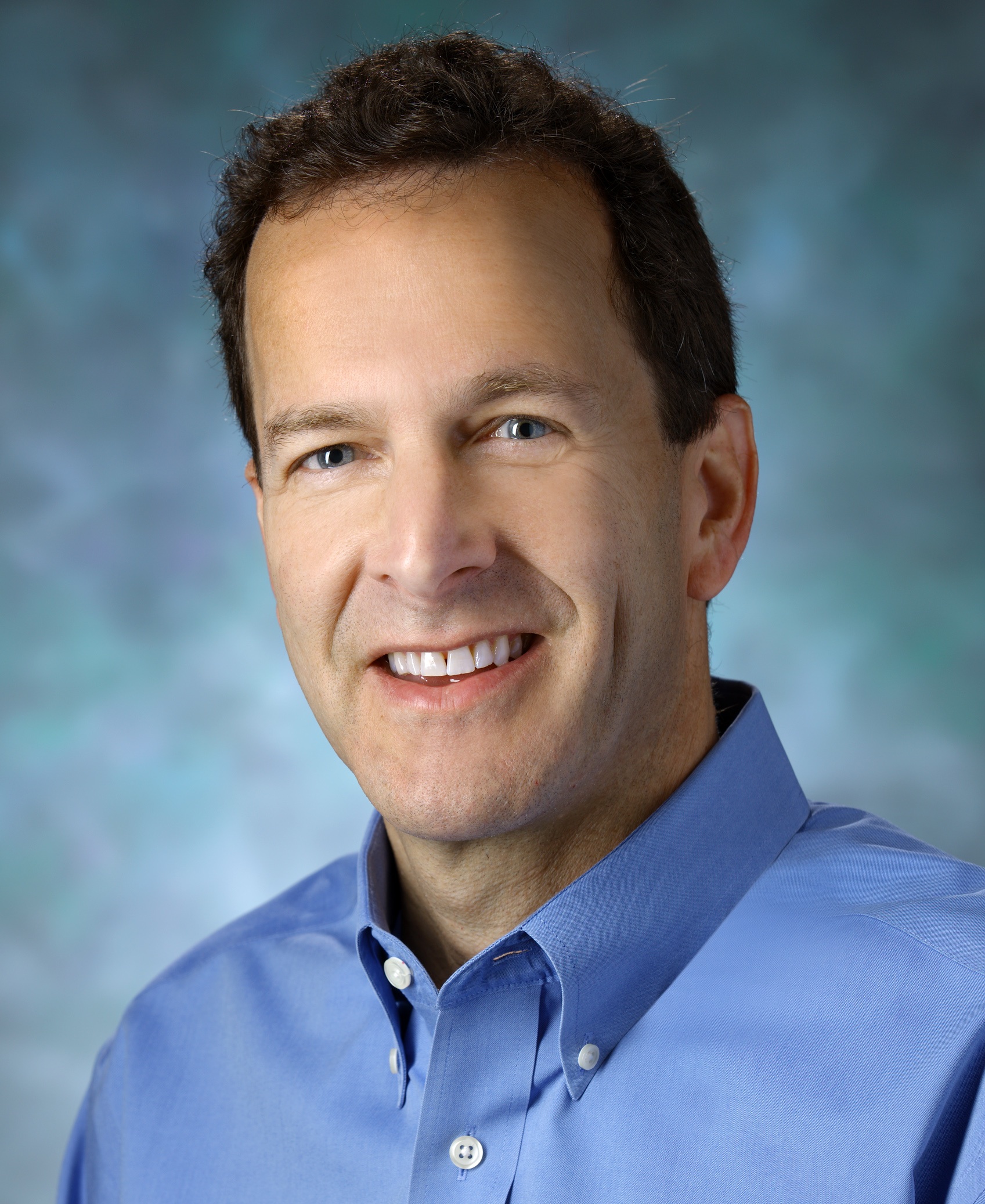 Steven L. Salzberg, Ph.D.
Steven L. Salzberg, Ph.D.
Bloomberg Distinguished Professor, Johns Hopkins UniversitySteven Salzberg is the Bloomberg Distinguished Professor of Biomedical Engineering, Computer Science, and Biostatistics and the Director of the Center for Computational Biology at Johns Hopkins University. From 2005-2011, he was the Director of the Center for Bioinformatics and Computational Biology and the Horvitz Professor of Computer Science at the University of Maryland, College Park. From 1997-2005 he was Senior Director of Bioinformatics at The Institute for Genomic Research (TIGR) in Rockville, Maryland, one of the world's leading DNA sequencing centers at the time. Dr. Salzberg received his B.A. degree in English and M.S. and M.Phil. degrees in Computer Science from Yale University, and his Ph.D. in Computer Science from Harvard University.
Salzberg's lab (https://salzberg-lab.org/) focuses on next-generation sequence analysis, genome assembly and annotation, and microbiome analysis. In recent years the lab has introduced several pioneering, highly efficient systems for alignment of next-generation sequencing reads, including the Bowtie, Tophat, and Cufflinks systems, which have been downloaded hundreds of thousands of times, and the Kraken system for microbiome analysis. In addition to his software systems, Salzberg has contributed analyses to many genome sequencing projects, including the human genome, multiple plant and animal genomes, and many bacteria. He was a co-founder of the Influenza Genome Sequencing Project, the first large-scale genomics study of the flu virus, and he led the team that analyzed the genome of the anthrax bacteria used in the 2001 anthrax attacks.
Dr. Salzberg has authored or co-authored over 300 scientific publications that have garnered over 300,000 citations, and his h-index is 162. Since 2010 he has also written a widely-read column at Forbes that focuses on science and pseudoscience. -
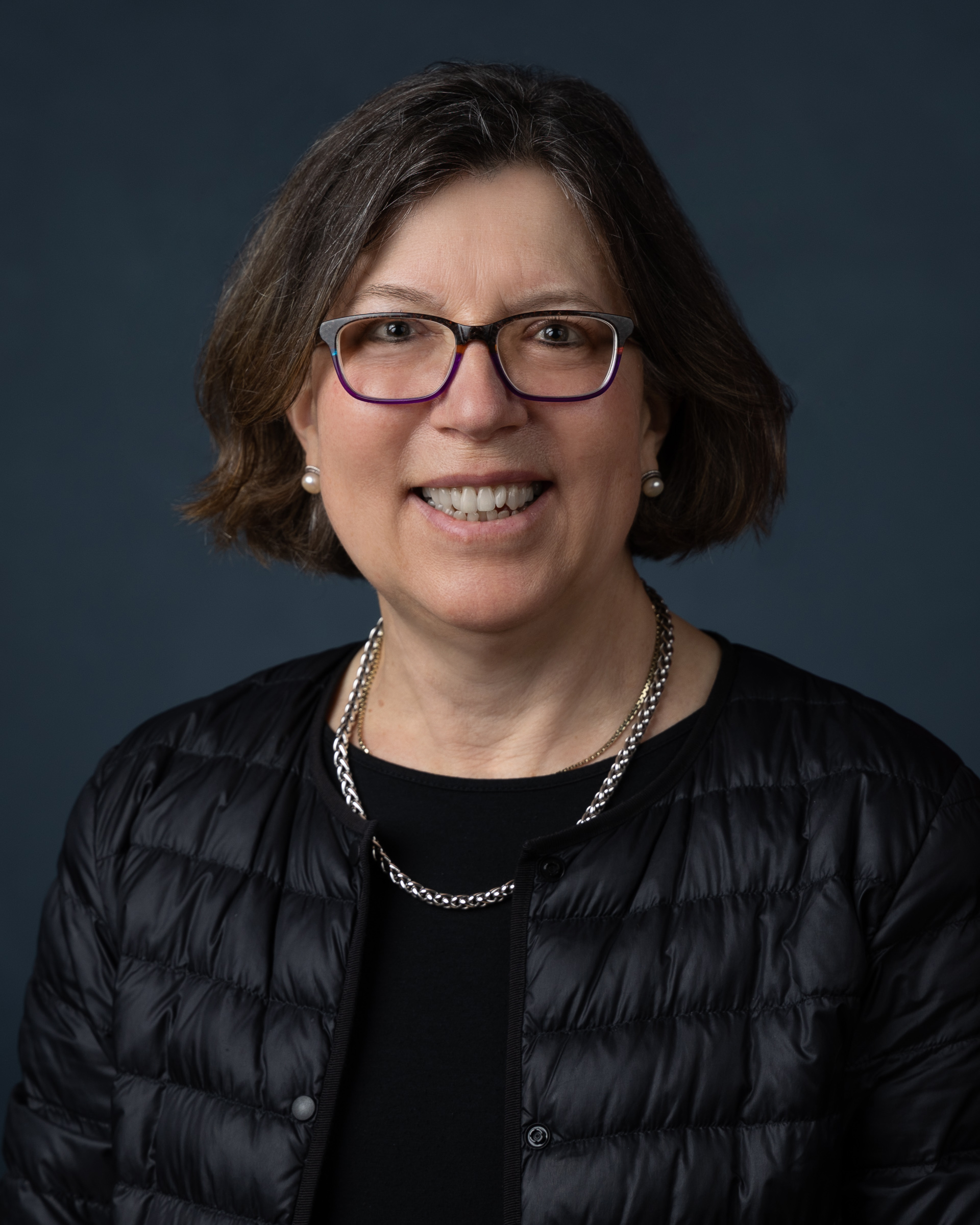 Cynthia L. Sears, MD
Cynthia L. Sears, MD
Professor of Medicine, Oncology & Molecular Microbiology and Immunology, Johns Hopkins Univ School of Medicine
csears@jhmi.eduCynthia L. Sears, M.D. is Professor of Medicine, Oncology and Molecular Microbiology and Immunology at the Johns Hopkins University School of Medicine and the Bloomberg School of Public Health, the Microbiome Program Leader of the Bloomberg-Kimmel Institute of Cancer Immunotherapy, the Director of the Germfree Murine Core and Co-Director of the Microbiome Forum at Johns Hopkins. Through translational and bench research stemming from her training as an infectious diseases specialist and physician scientist, she investigates how enteric bacteria and the microbiome promote colon carcinogenesis and modulate cancer immunotherapy responses. Primary goals of the Sears laboratory are to understand how individual bacteria and communities contribute to oncogenesis, providing opportunities to contribute to colon cancer prevention and immunotherapy therapeutic success. She has long been an active member of the Infectious Diseases Society of America (IDSA), serving as President of IDSA in 2019, and is currently Editor-in-Chief of The Journal of Infectious Diseases, the flagship journal of the IDSA.
-
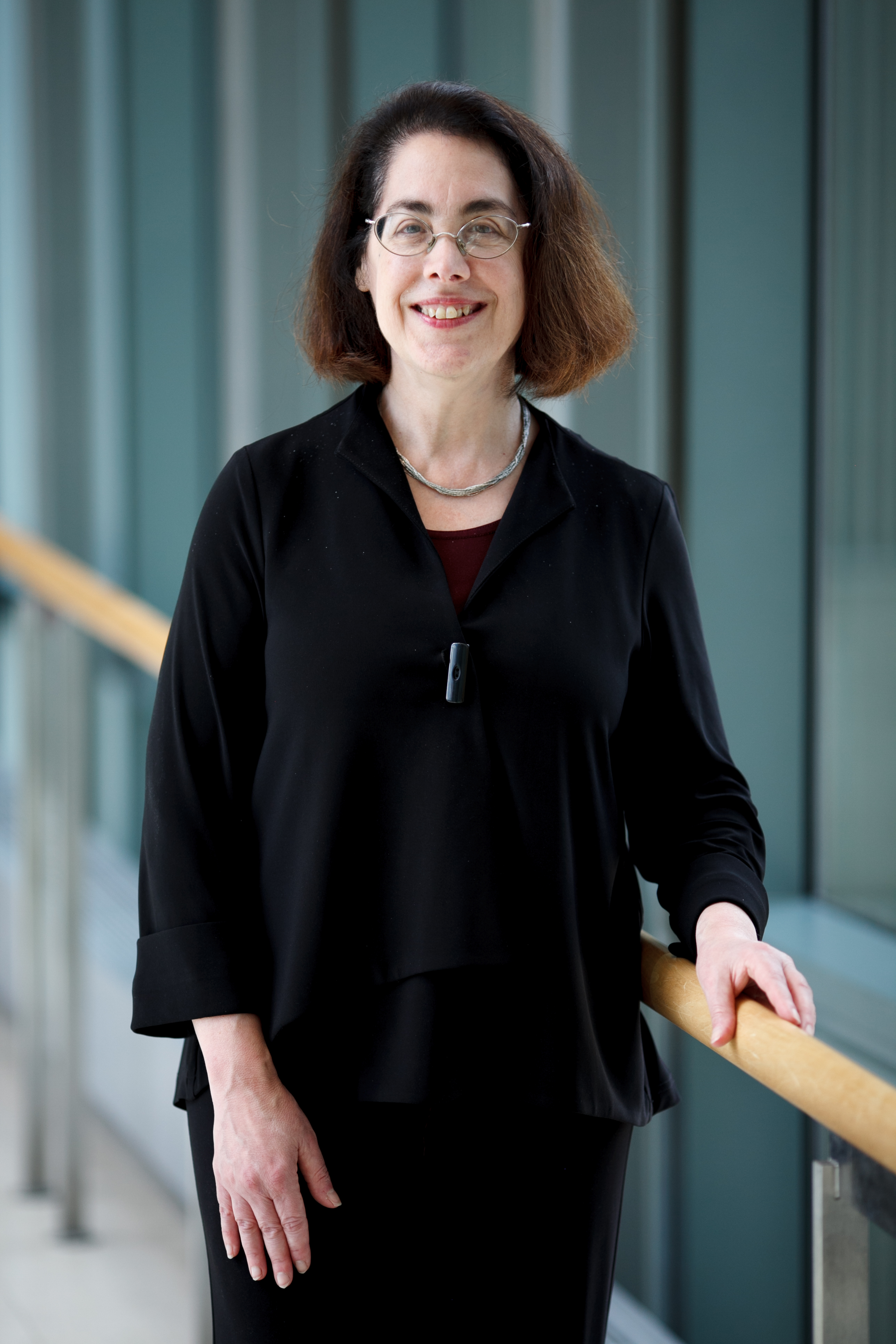 Arlene Sharpe, M.D.,Ph.D.
Arlene Sharpe, M.D.,Ph.D.
Kolokotrones University Professor & Chair, Department of Immunology, Harvard Medical SchoolArlene Sharpe, MD, PhD is the Kolokotrones University Professor at Harvard University and Chair of the Department of Immunology at Harvard Medical School. She is a member of the Department of Pathology at Brigham and Women’s Hospital and the Broad Institute of MIT and Harvard, Leader of the Cancer Immunology Program at the Dana-Farber/Harvard Cancer Center, and Vice Director of the Gene Lay Institute of Immunology and Inflammation at Brigham & Women’s Hospital, Massachusetts General Hospital, and Harvard Medical School. Dr. Sharpe is also Co-Leader of MassCPR (Massachusetts Consortium on Pathogen Readiness).
Dr. Sharpe earned her MD and PhD from Harvard Medical School and completed her residency in Pathology at Brigham and Women’s Hospital. She is a leader in T cell costimulation. Her laboratory has discovered and elucidated functions of T cell costimulatory pathways, including CTLA-4 and PD-1. Her laboratory currently focuses on the roles of T cell costimulatory pathways in regulating T cell tolerance, antimicrobial and antitumor immunity.
Dr. Sharpe has published over 400 papers and was listed by Thomas Reuters as one of the most Highly Cited Researchers (top 1%) in 2014-2023 and a 2016 Citation Laureate. She received the William B. Coley Award for Distinguished Research in Tumor immunology in 2014, Warren Alpert Foundation Prize in 2017, t SITC Smalley Award in 2020, and Switzer Prize in 2023 for her contributions to the discovery of PD-1 pathway. In 2022, she received the FASEB Excellence in Science Lifetime Achievement Award, AAI Lifetime Achievement Award, and Rous-Whipple Award from the American Society for Investigative Pathology. Dr. Sharpe is an elected member of the National Academy of Sciences and National Academy of Medicine and a Fellow of the American Association for Cancer Research, National Academy of Inventors, the Society for Immunotherapy of Cancer and the American Association of Immunologists. -
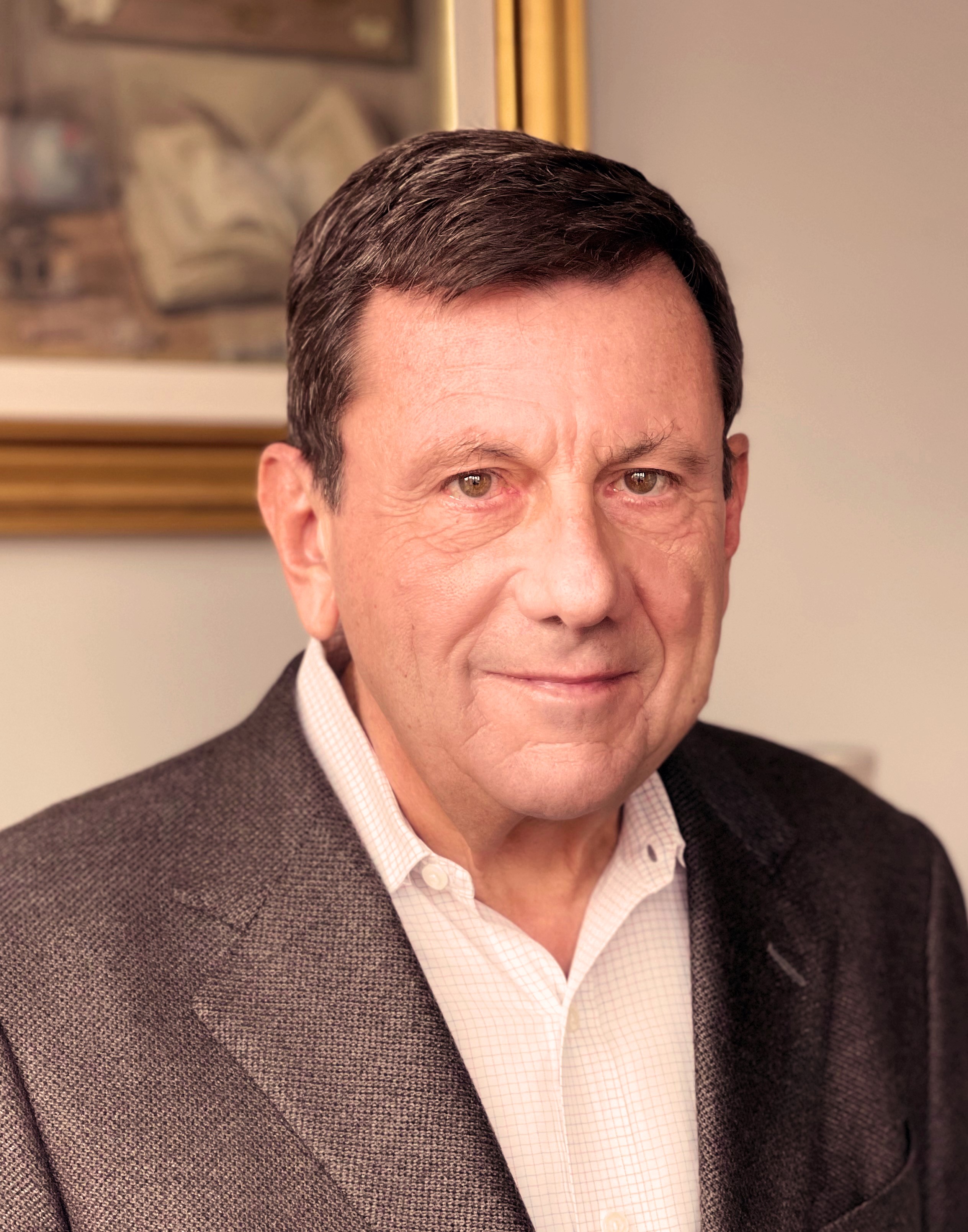 Giorgio Trinchieri, M.D.
Giorgio Trinchieri, M.D.
NIH Distinguished Investigator, Center for Cancer Research, National Cancer Institute
trinchig@mail.nih.govGiorgio Trinchieri (M.D. 1973, University of Torino, Italy) is NIH Distinguished Investigator and Chief of the Laboratory of Integrative Cancer Immunology, CCR, NCI. He worked at the Basel Institute for Immunology, the Medical Genetics Institute at the Medical School of Torino, the Wistar Institute and Department of Medicine of the University of Pennsylvania, the Swiss Institute for Experimental Cancer Research and the Schering Plough Laboratory for Immunological Research (Dardilly, France). Trinchieri work has focused in innate immunity, cancer inflammation and human immunology. Trinchieri originally described the specificity of allogeneic cytotoxic T cells for class-I MHC and cross-presentation and class-I MHC restriction of tumor antigens. He contributed to the original characterization of human NK cells, described their role as innate producers of cytokines, identified type I IFNs as major activators of NK cells and discovered a new human cell type, now called plasmacytoid DC, as a major source of type I IFN in response to viruses. Trinchieri then identified the mouse counterpart of human plasmacytoid DC, paving the way for study their function in experimental mouse models of infections and tumors. Trinchieri discovered IL-12, a cytokine activating NK cells. and demonstrated its impact in innate immunity, Th-1 cell polarization, host responses to pathogens, cancer, and hematopoiesis. Recently, Trinchieri focused on the impact of cytokines and inflammation in cancer. In this field, he has demonstrated the importance of intestinal microbiota in influencing the immune responses to cancer and anti-cancer therapy in mouse models as well as in observational and interventional clinical studies.
-
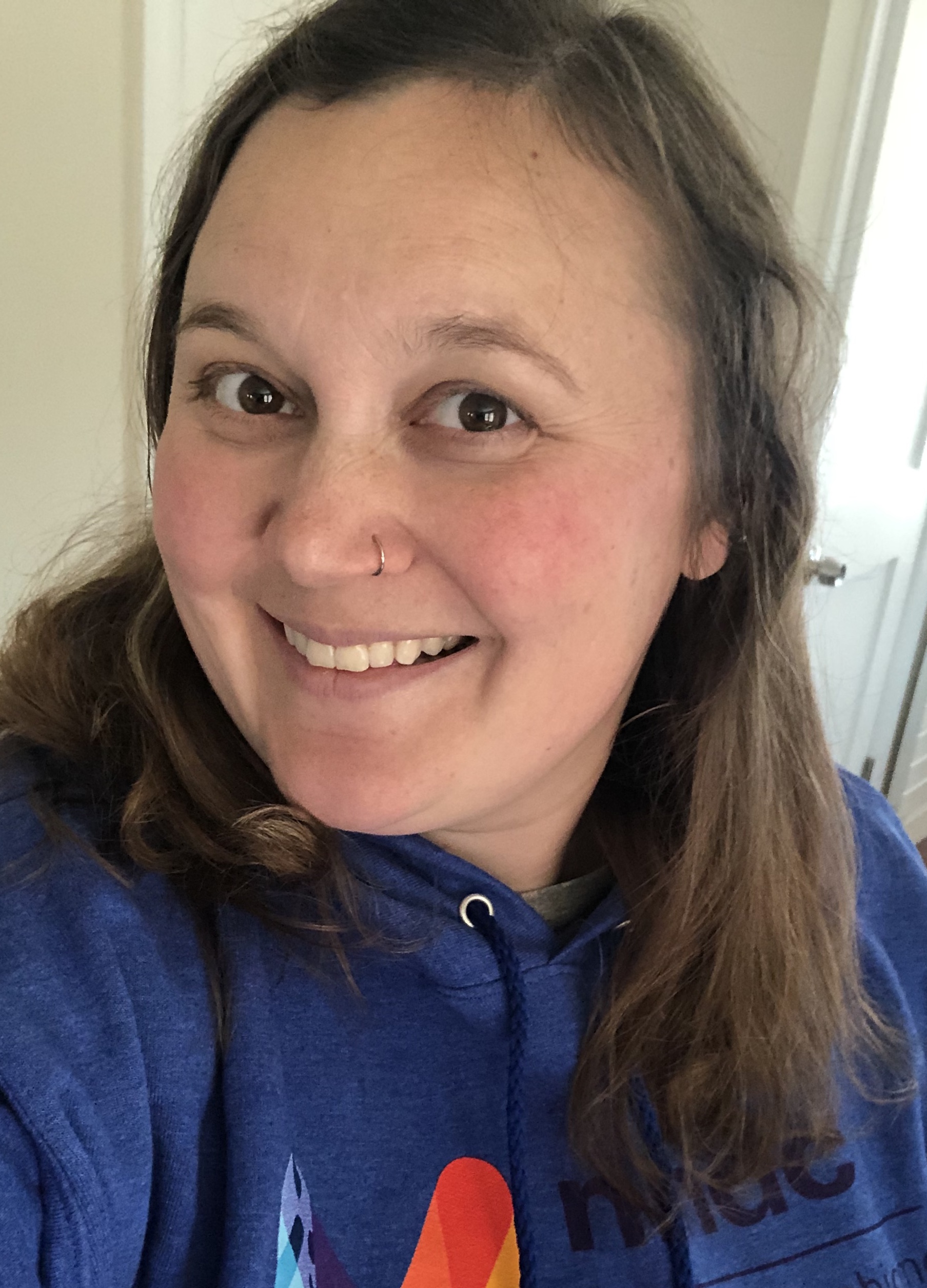 Emily Vogtmann, Ph.D., M.P.H.
Emily Vogtmann, Ph.D., M.P.H.
Earl Stadtman Investigator, Division of Cancer Epidemiology & Genetics, National Cancer InstituteEmily Vogtmann, PhD, MPH is an Earl Stadtman Investigator in the Metabolic Epidemiology Branch of the Division of Cancer Epidemiology & Genetics at the National Cancer Institute. Her research focuses on the association between the human microbiome and cancer risk, with a particular focus on cancers of the breast, colorectum, head/neck and lung. Dr. Vogtmann also conducts methodological studies related to microbiome sample collection and handling for application in large, prospective cohort studies.
-
Yinghong Wang, MD, PhD
Associate Professor, The University of Texas MD Anderson Cancer Center
ywang59@mdanderson.orgDr. Wang is an associate professor in Department of Gastroenterology and Hepatology at MD Anderson. She received her medical degree in China, and PhD from Johns Hopkins University. She completed her GI fellowship at Cleveland Clinic in 2011 and stayed as faculty for 7 years before she joined MD Anderson since 2017. She has broad research collaboration network worldwide, and authored and co-authored >140 peer-reviewed scientific publications and given numerous national and international presentations. Her specialized areas include IBD, fecal transplantation, and immunotherapy GI toxicities.
Dr. Wang served as the chair of MD Anderson immunotherapy toxicity working group since 2019 and is recognized internationally for her expertise in managing immunotherapy induced GI toxicities. She served as guideline panel member in ASCO, NCCN, ESMO, SITC, AGA, ACG, UPTODATE, and recently contributed a new book entitled “Managing Immunotherapy Related Organ Toxicities, A Practical Guide” as the editor. Dr. Wang’s group achieved multiple breakthroughs of successful treatments for immunotherapy induced colitis including first fecal transplant treatment for refractory cases and runs multiple clinical trials at MD Anderson.
-
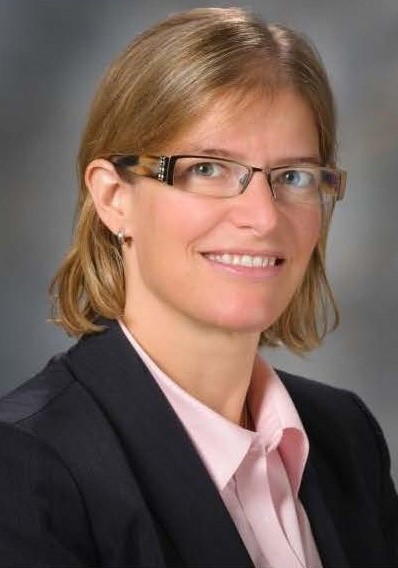 Jennifer Wargo, M.D.
Jennifer Wargo, M.D.
Professor, University of Texas, MD Anderson Cancer CenterJen Wargo’s career commitment has always been to advance the understanding and treatment of disease through science. After completing her medical degree, she entered surgical residency training at the Massachusetts General Hospital where she became interested in the biology and treatment of cancer. During her training, she completed two fellowships in surgical oncology with a focus on cancer immunotherapy.
She was recruited to MGH in 2008 to join the faculty in the Division of Surgical Oncology and established a translational research laboratory focusing on better understanding response and resistance to treatment for melanoma, pancreatic cancer, and other cancers. During that time, her laboratory demonstrated that treatment with molecularly targeted therapy could sensitize tumor cells to treatment with immunotherapy, providing the rationale for combined targeted therapy and immunotherapy combinations. She also began studies on the tumor microbiome in pancreatic and other cancers while at Harvard.
Jen was recruited to the University of Texas MD Anderson Cancer Center in 2013 to help lead the Melanoma Moonshot efforts - and also continued important translational research work on targeted therapy, immunotherapy, and the impact of the gut and tumor microbiome in cancer. Jen is currently a Professor of Surgical Oncology and Genomic Medicine, and the leader of the Platform for Innovative Microbiome and Translational Research (PRIME-TR) at MD Anderson. Importantly, Jen is deeply invested in working with investigators across the institution and across the world to find better ways to treat, intercept, and ultimately prevent cancer.
-
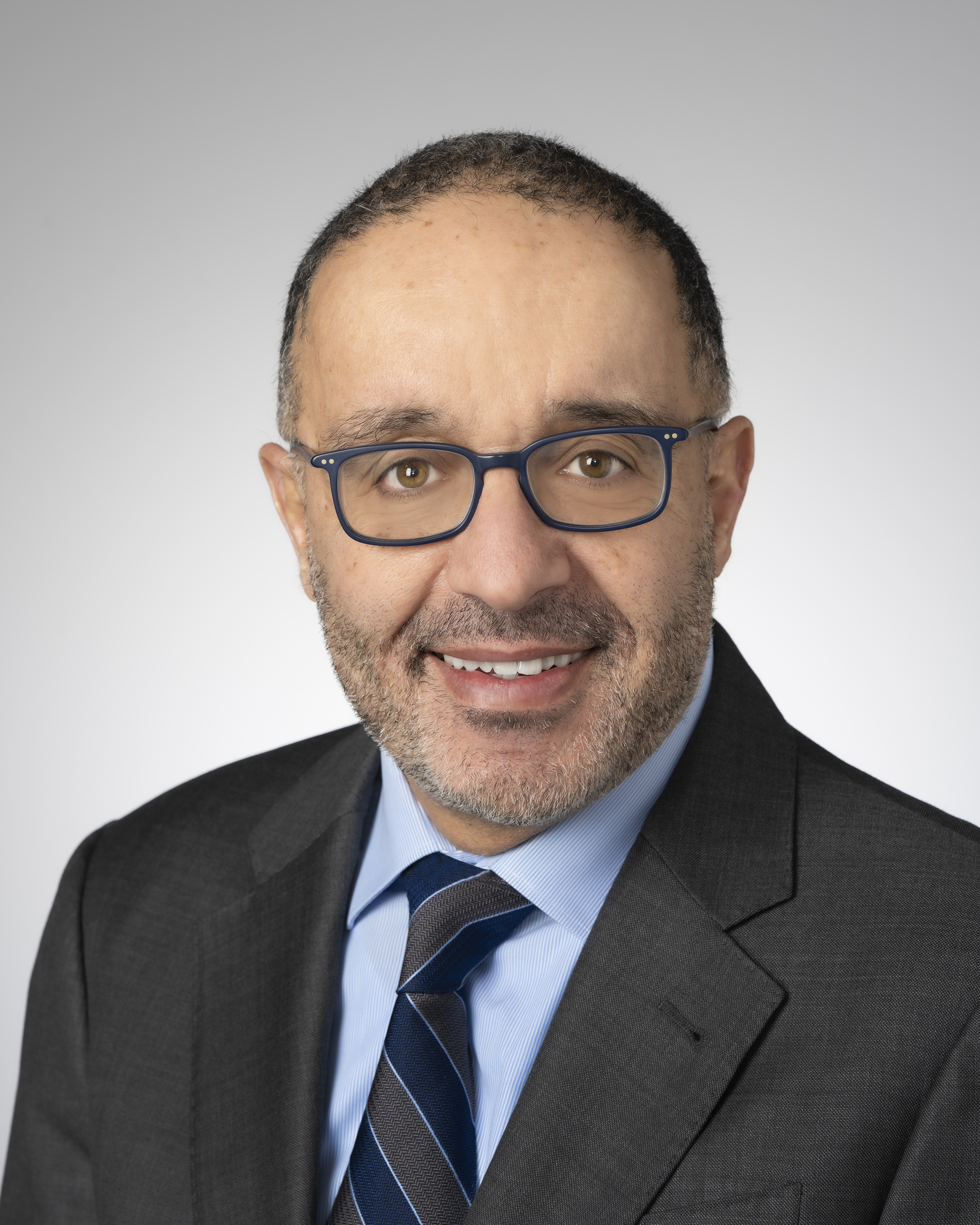 Hassane M. Zarour, M.D.
Hassane M. Zarour, M.D.
Professor of Medicine, Immunology and Dermatology, University of Pittsburgh/Hillman Cancer Center
zarourhm@upmc.eduDr. Zarour is a Dermatologist and a Cancer Immunologist with a long-lasting interest in immunotherapies for melanoma, cancer vaccines, and human T-cell immunology. He is Co-Leader of the Cancer Immunology and Immunotherapy Program and Co-leader of the Melanoma and Skin Cancer SPORE of the UPMC Hillman Cancer Center. His research that focuses on immunotherapies of melanoma, T cell responses to melanoma antigens, and the mechanisms of melanoma-induced T cell dysfunction has been funded since 2002 by NIH/NCI grants and awards/contracts from the research foundations and pharmaceutical industries. He has made seminal contributions in the field of human cancer immunology, identifying multiple novel tumor antigen-specific CD4 epitopes and determining the role of the novel inhibitory receptor pathways Tim-3 and TIGIT in impeding T cell responses to melanoma. These findings have been translated into multiple first-in-human clinical trials in melanoma and other solid tumors, including cancer vaccines comprised of CD4 epitopes and adjuvants (CPG) and third-generation immune checkpoint blockades with anti-Tim-3 or anti-TIGIT antibodies together with anti-PD-1 antibodies at the UPMC Hillman Cancer Center and other cancer centers in the US and abroad. Most recently, his work has contributed to elucidating the role of the gut microbiome in regulating clinical responses to PD-1 blockade in melanoma, including a first-in-human clinical trial to evaluate the safety and efficacy of fecal microbiota transplant (FMT) obtained from long-term PD-1 response patients and pembrolizumab in PD-1 refractory melanoma patients.
-
Laurence ZITVOGEL, M.D., Ph.D.
Professor , University Paris SaclayProf. L. Zitvogel, MD (Clinical Oncology), PhD (Tumor Immunology), full professor at the University Paris Saclay, graduated in Medical Oncology in 1992. Scientific career first at the University of Pittsburgh, US. Became Research Director at Institut National de la Santé et Recherche Médicale U1015, and Scientific Director of the Clinicobiome program at Gustave Roussy, the largest cancer Center in Europe in 1998. Actively contributed to the field of cancer immunology and immunotherapy. Pionner of the concepts of immunogenic cell death and gut microbiota in cancer immunosurveillance and therapies. Recipient of many awards: Translation Research INSERM Prize, the ASCO-SITC, Brupbacher Awards 2017, ESMO Immuno-Oncology Award 2017, Baillet Latour Prize 2019, the Griffuel Prize 2019, the Duquesne Ligue Prize, and ITOC9 german award. Knighted Officer of Légion d’Honneur by French Ministery of Health 2019 and elected member of the National Academy of Medicine 2021. Her H-factor is 145, with >500 publications on PubMed, 108 265 citations in Clarivate analytics (highly cited researchers 2021, 2020, 2019, 2018, 2017, 2016).
